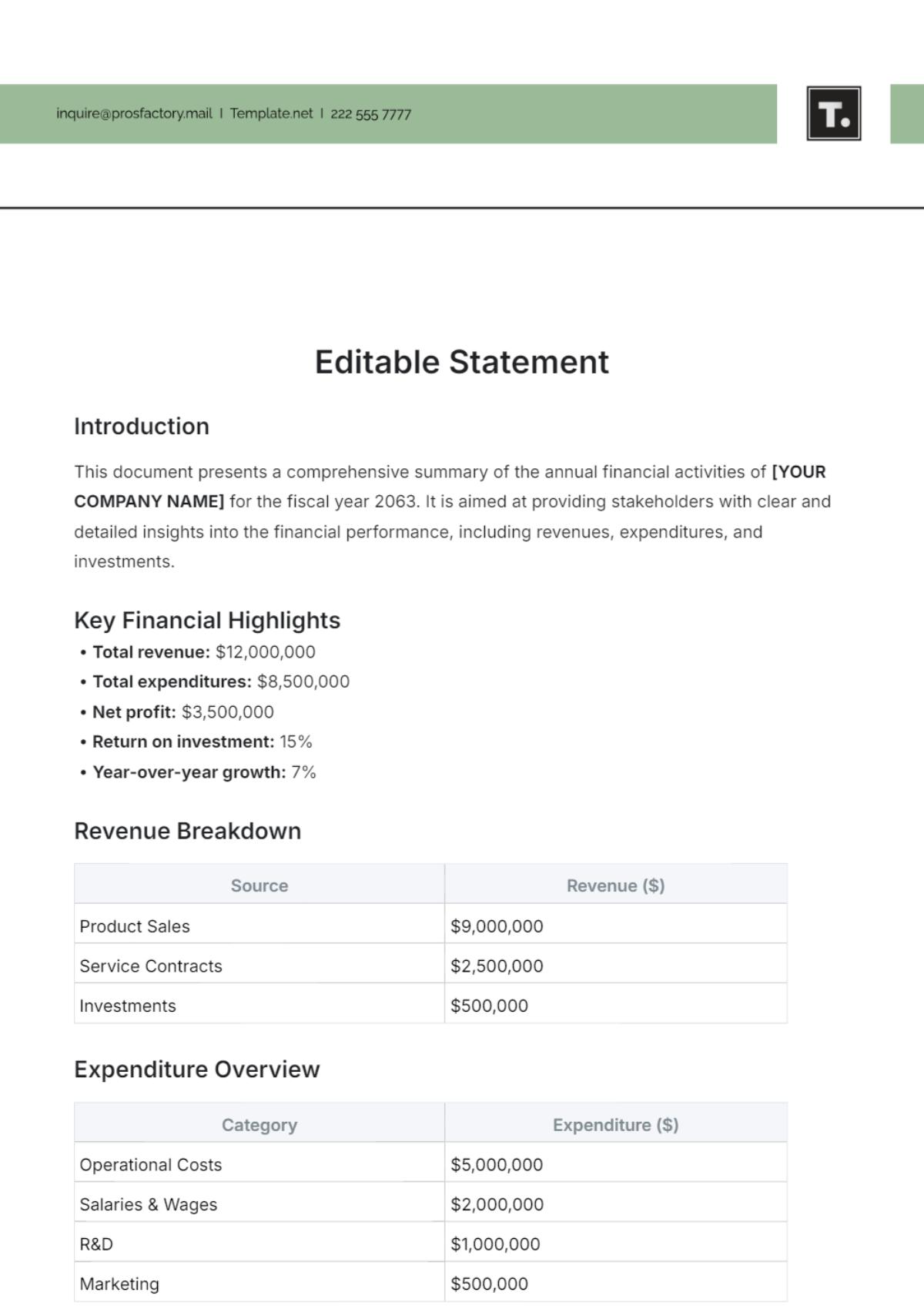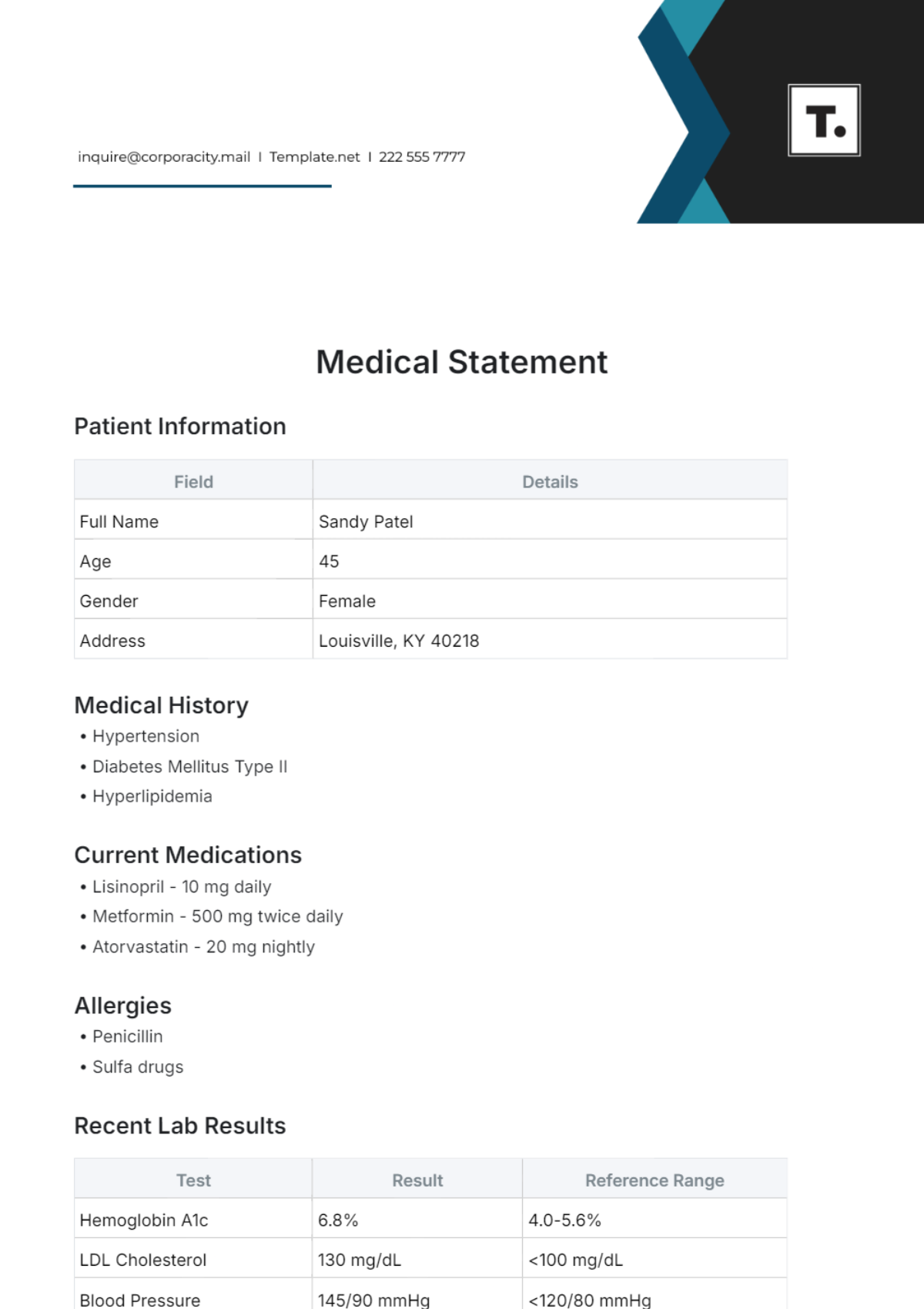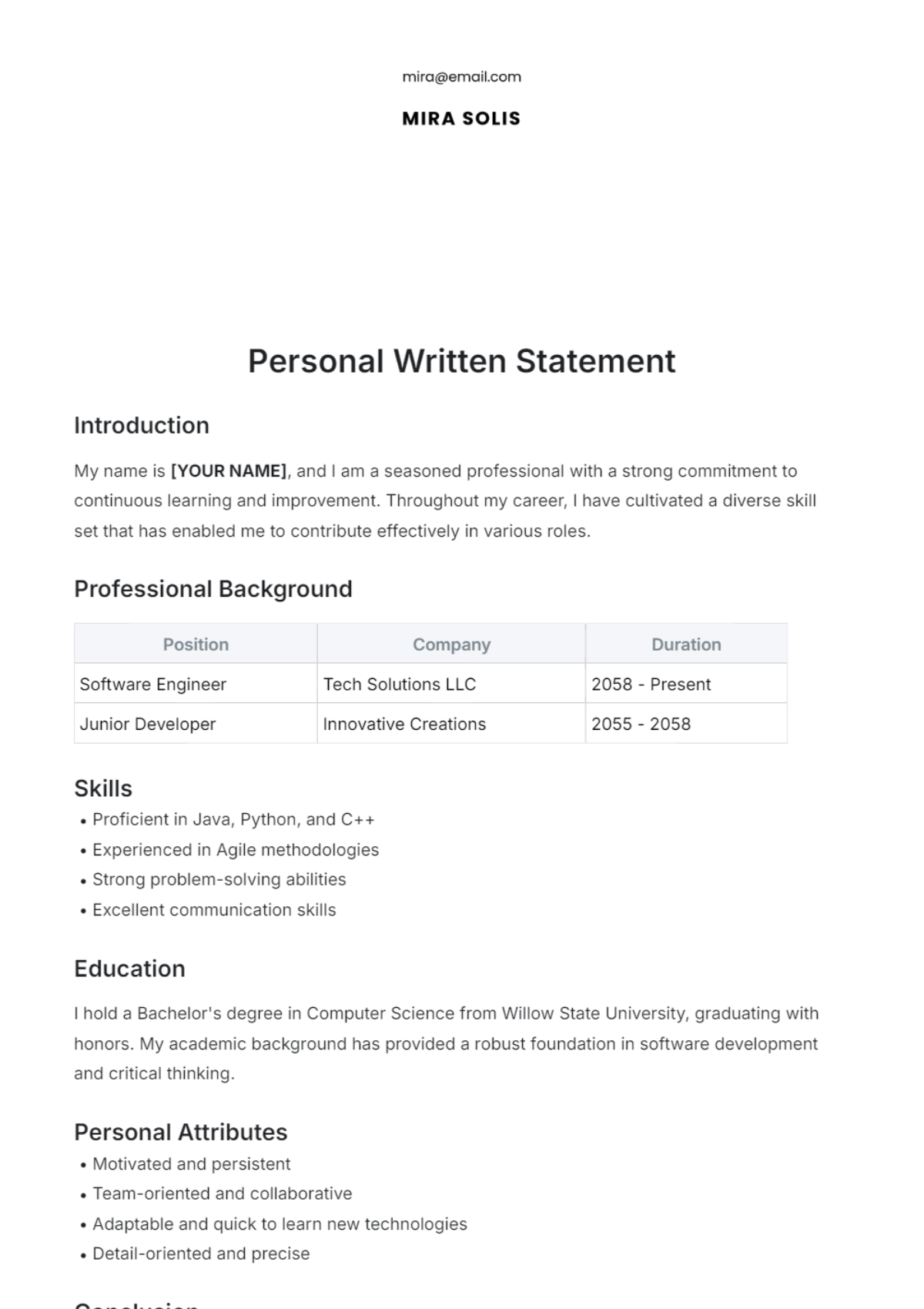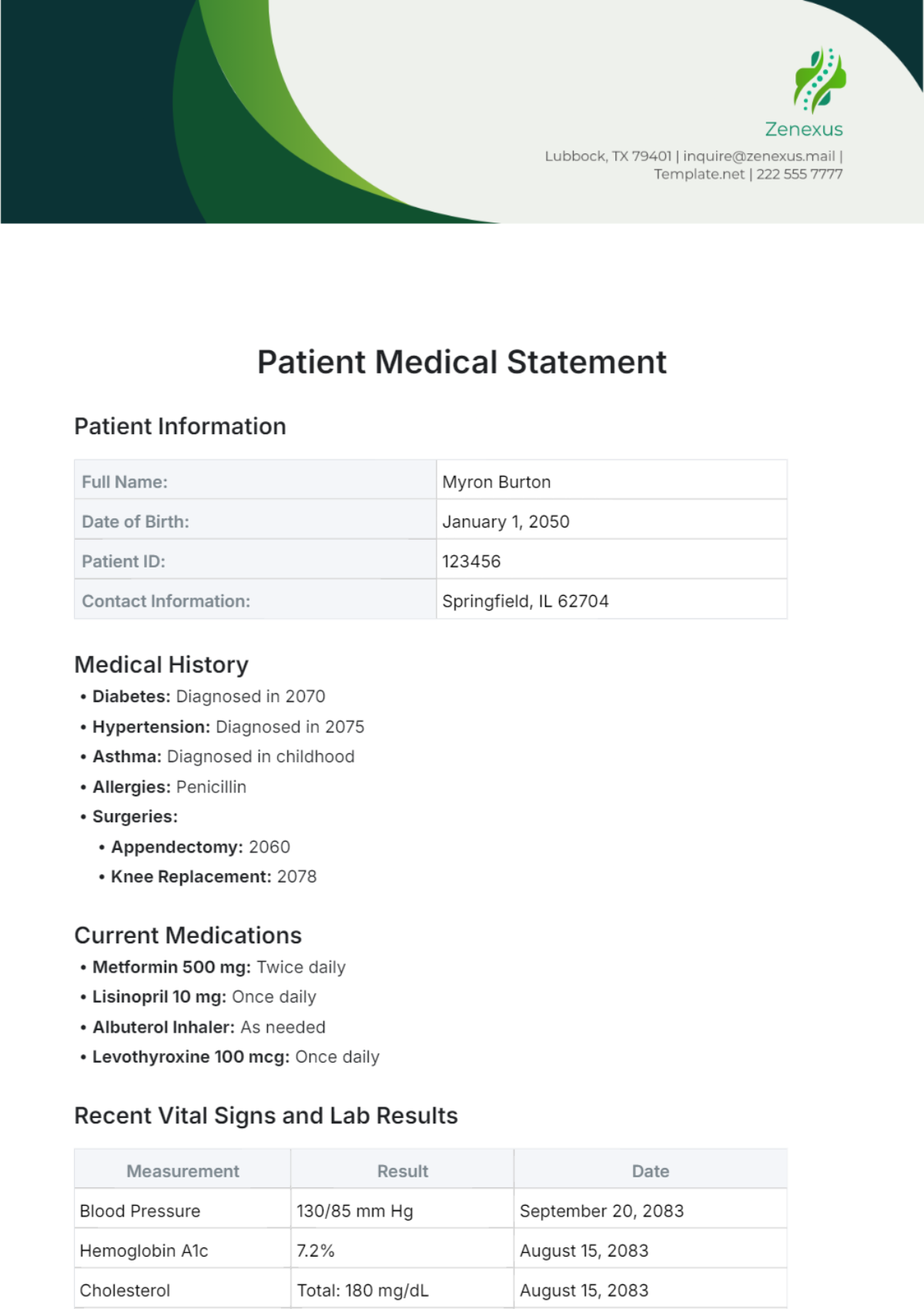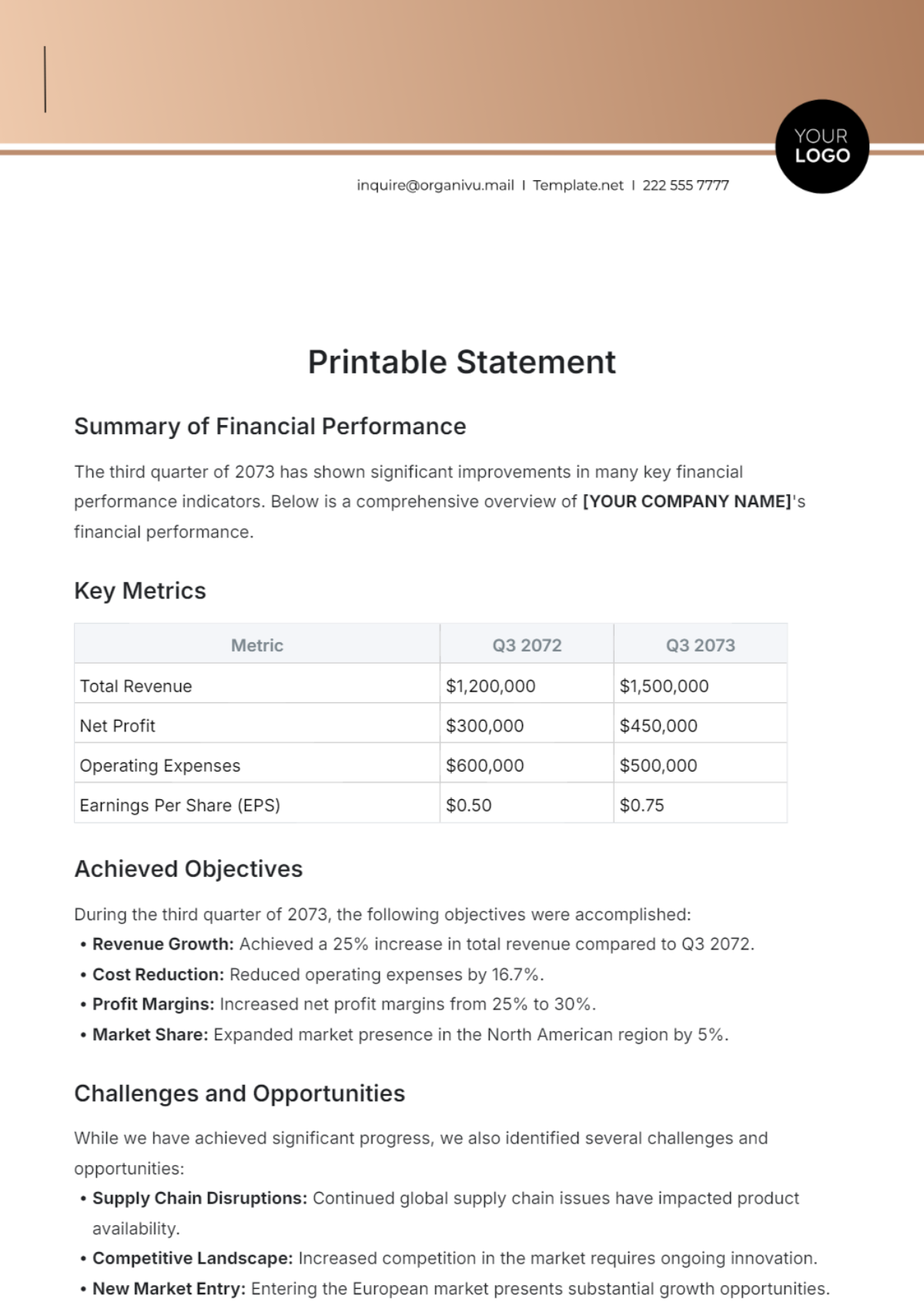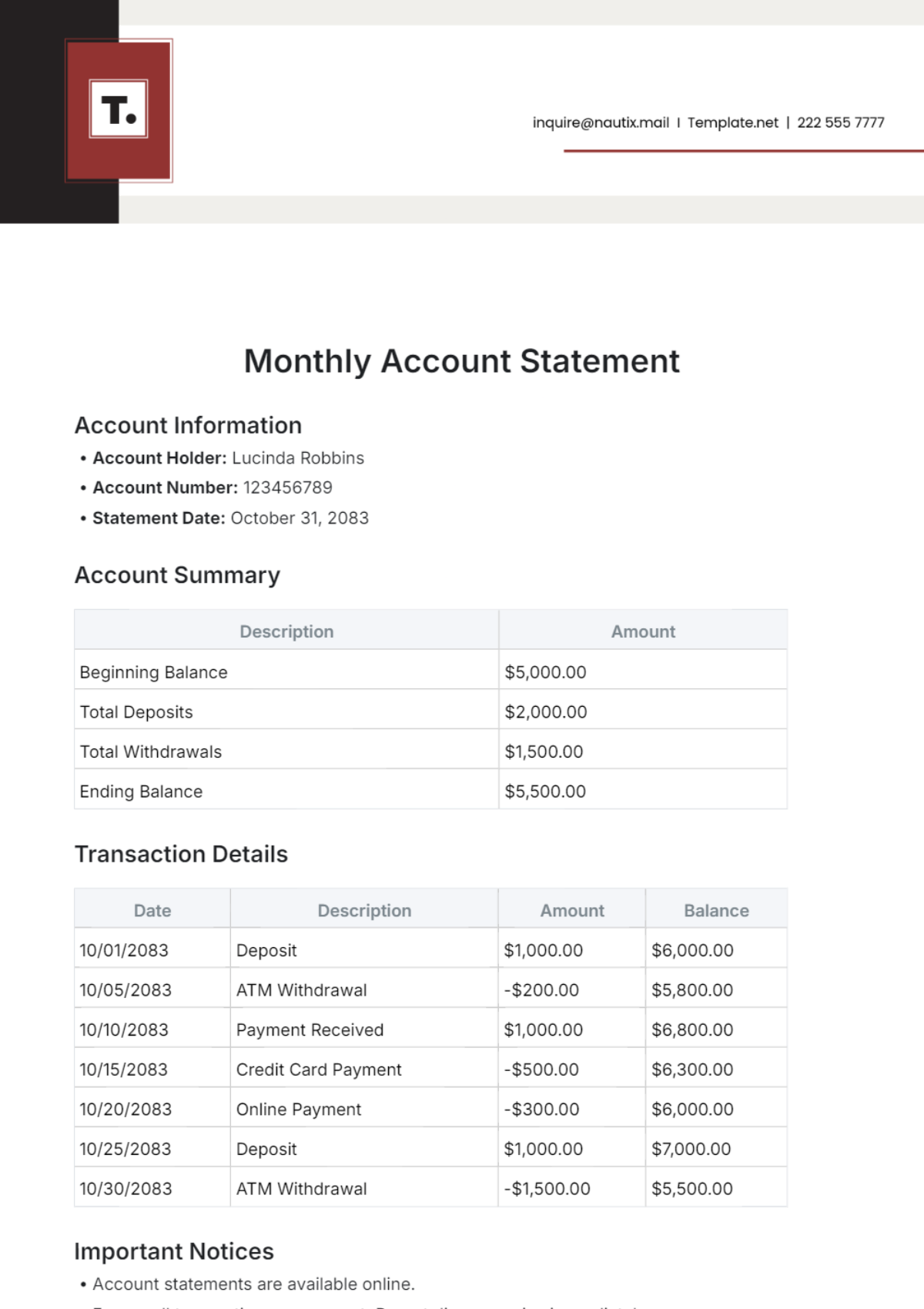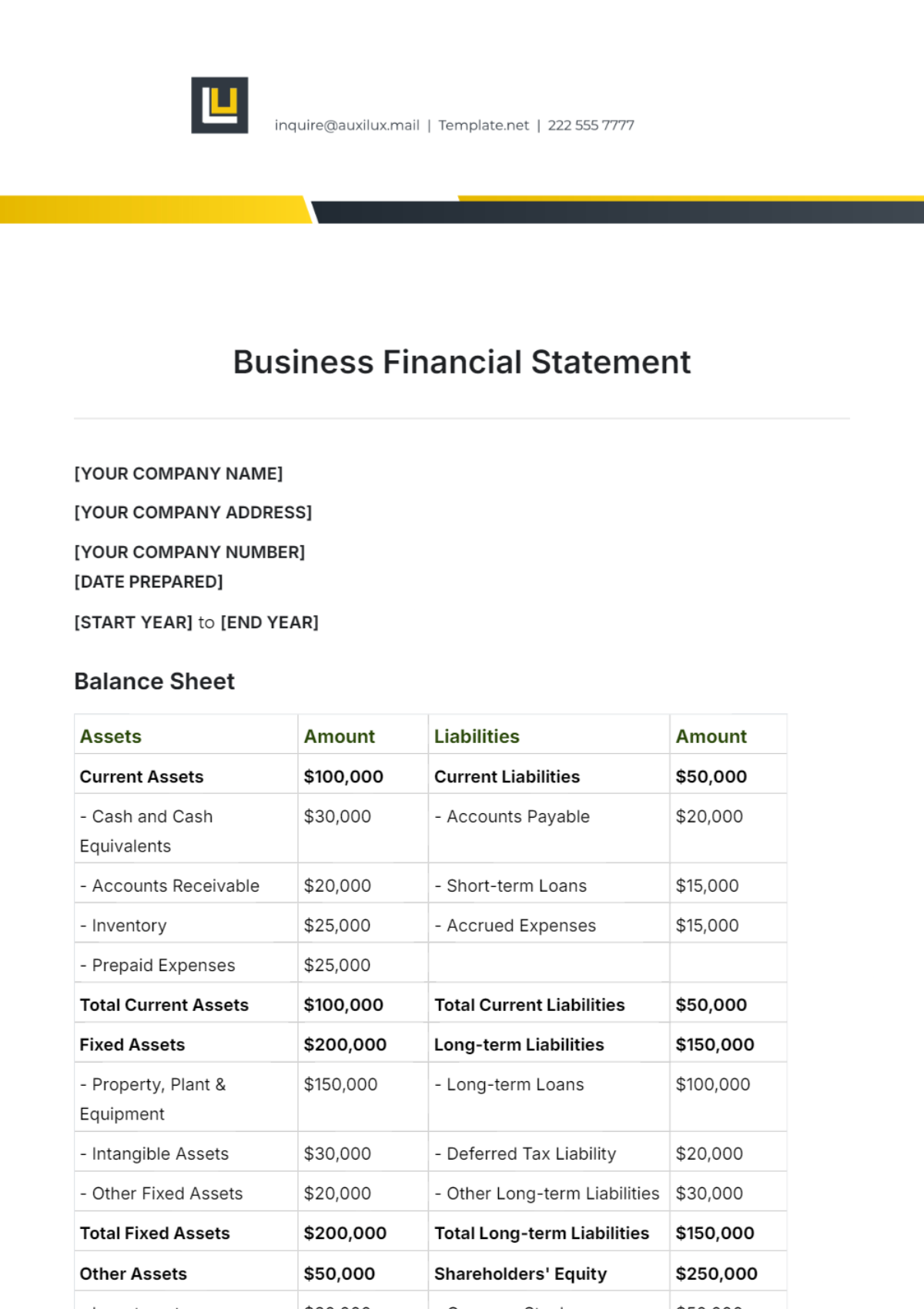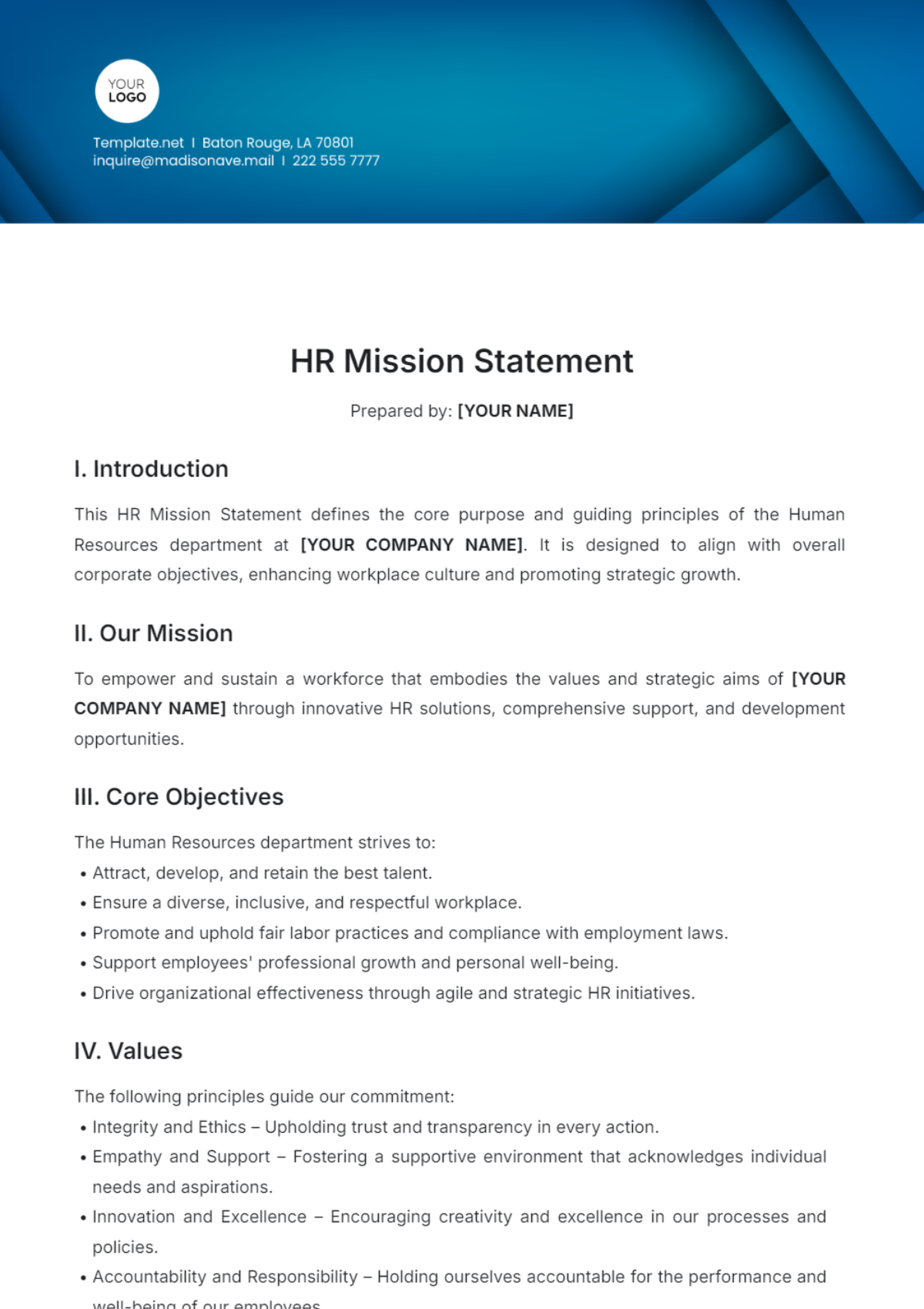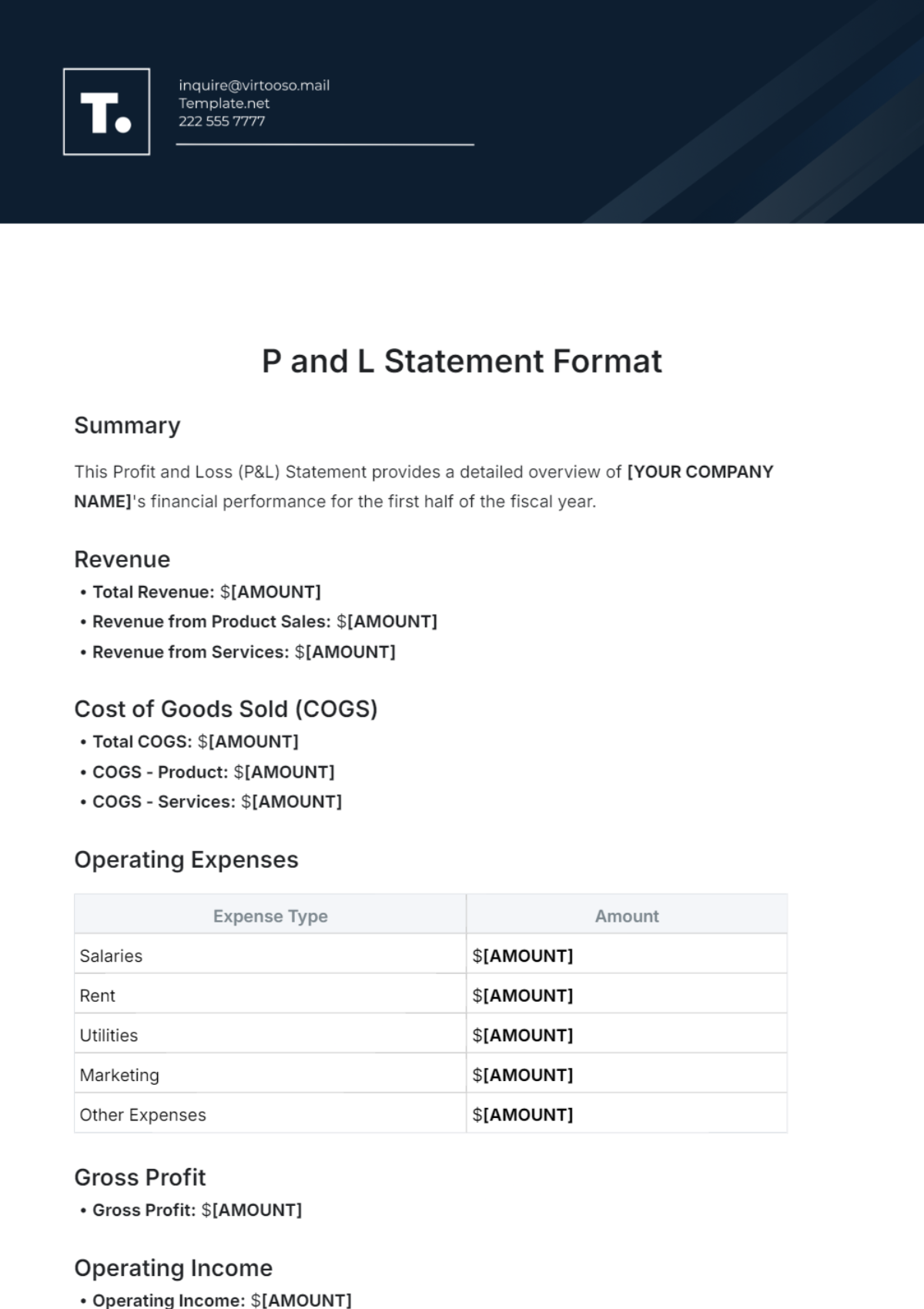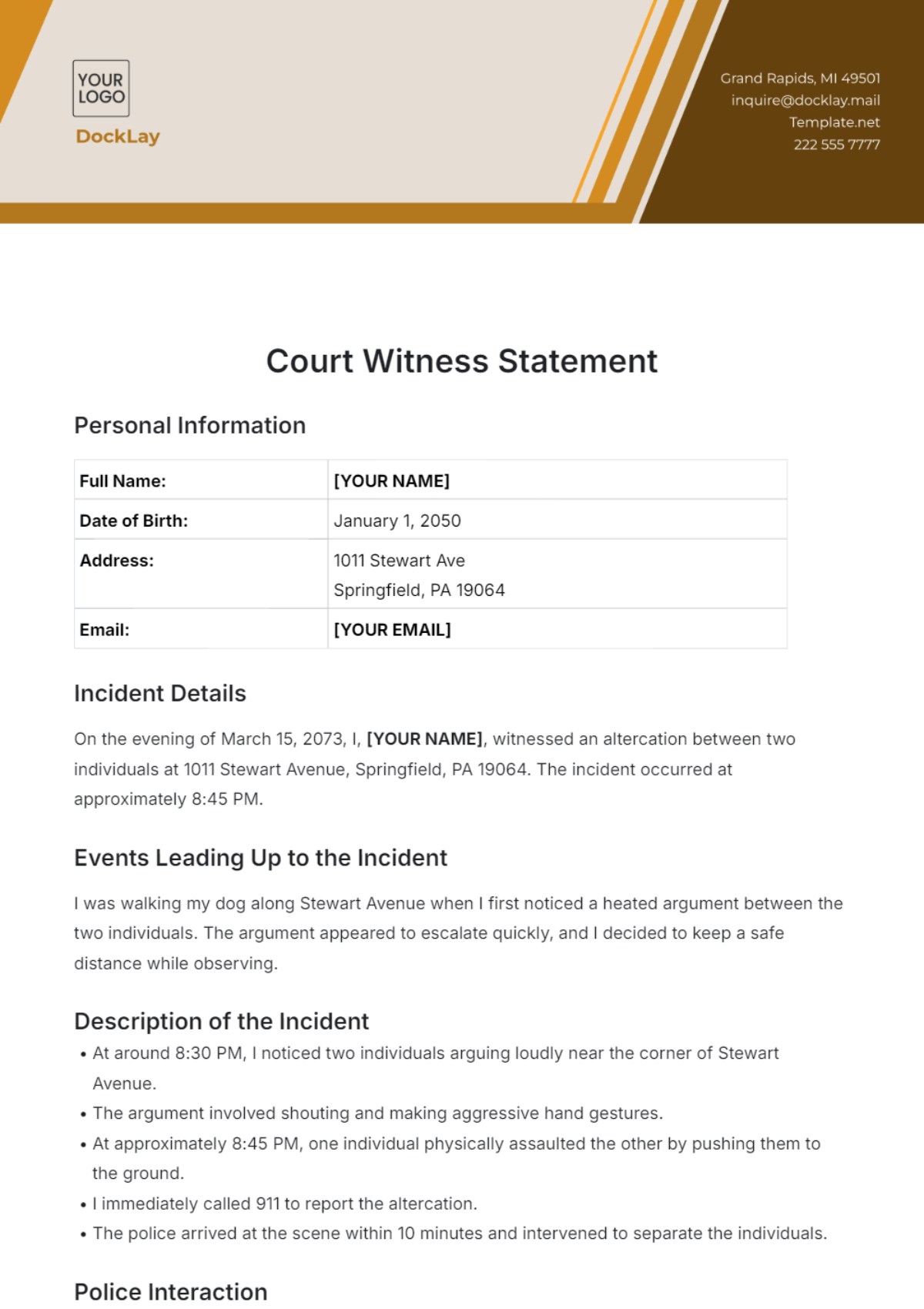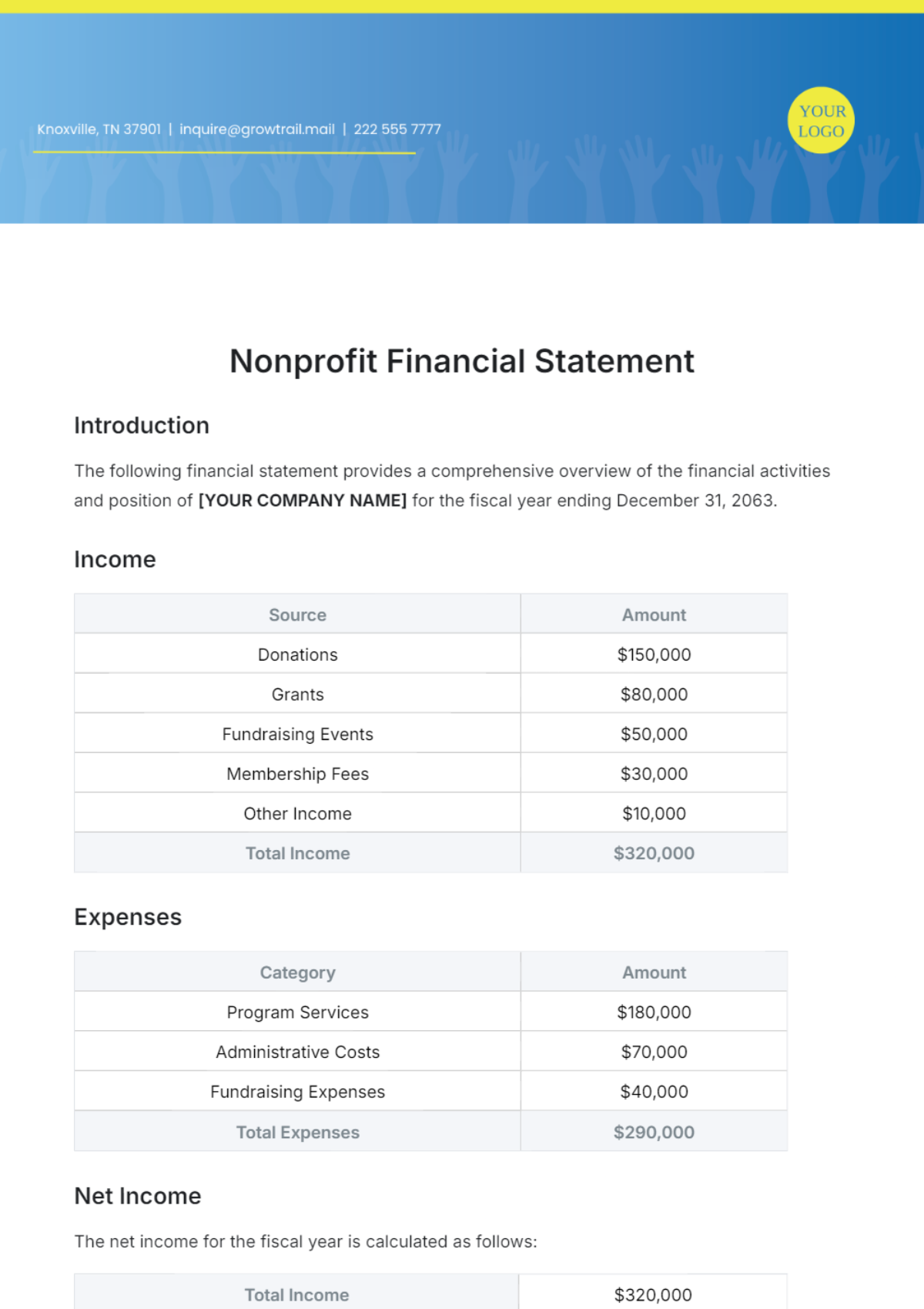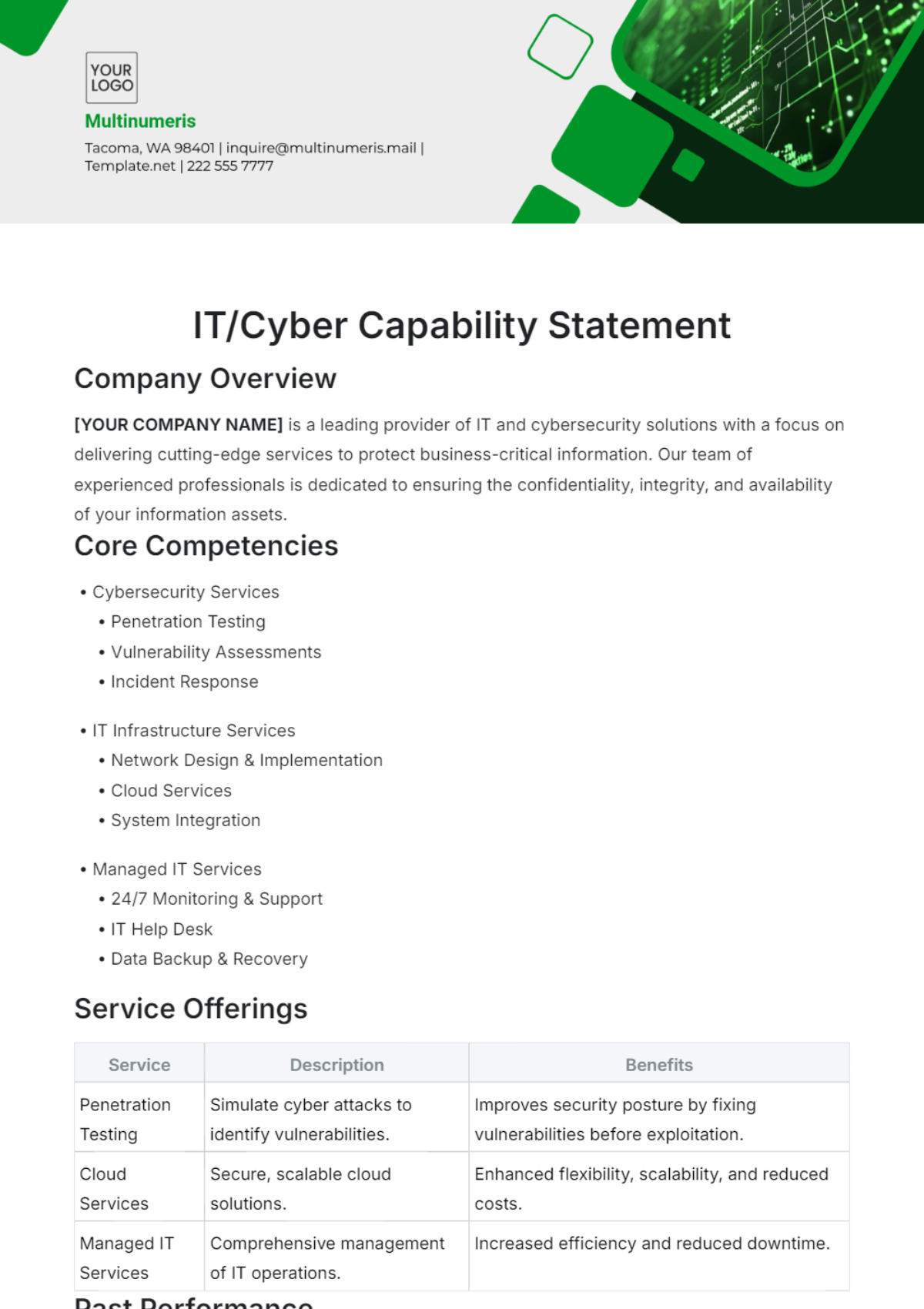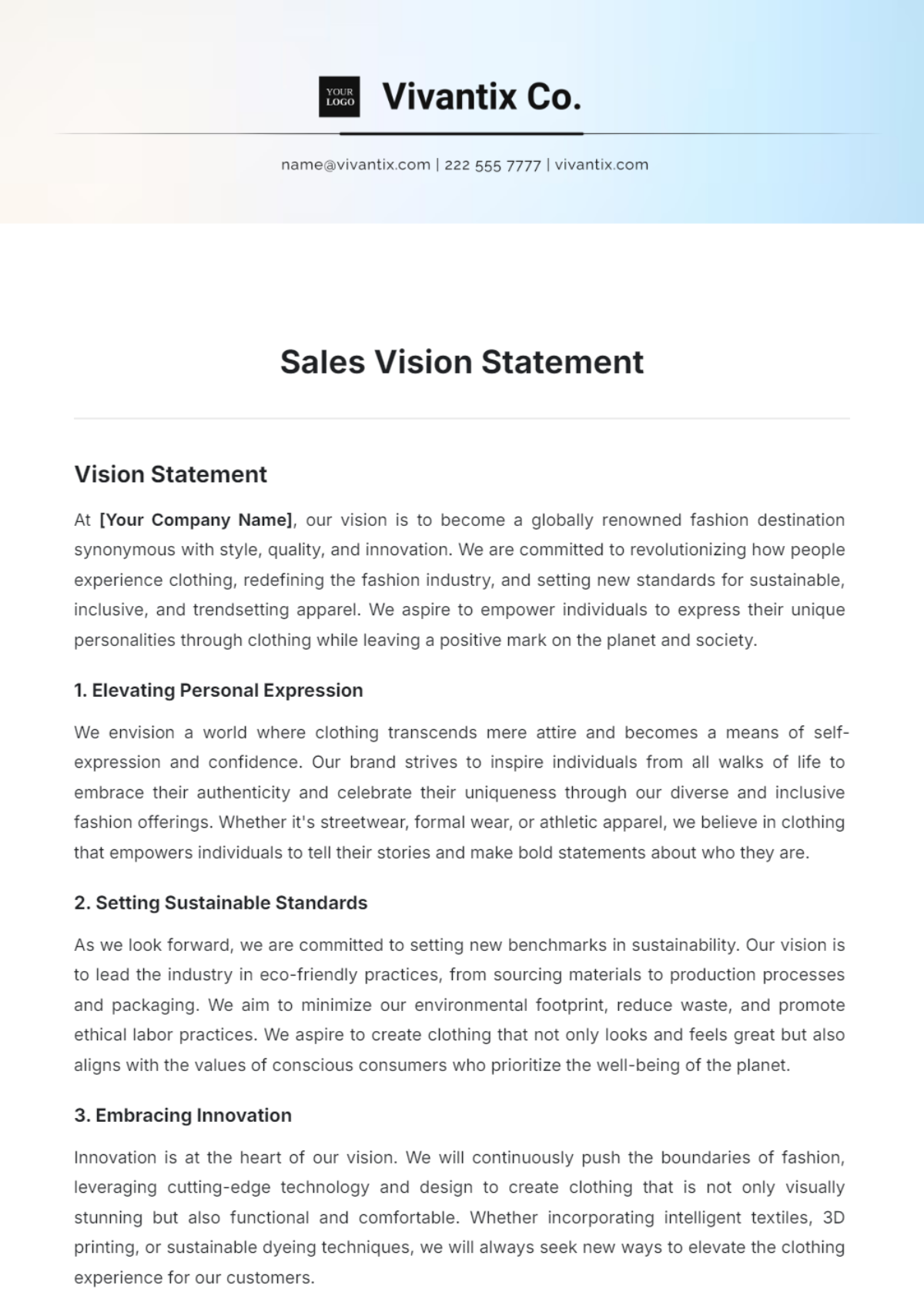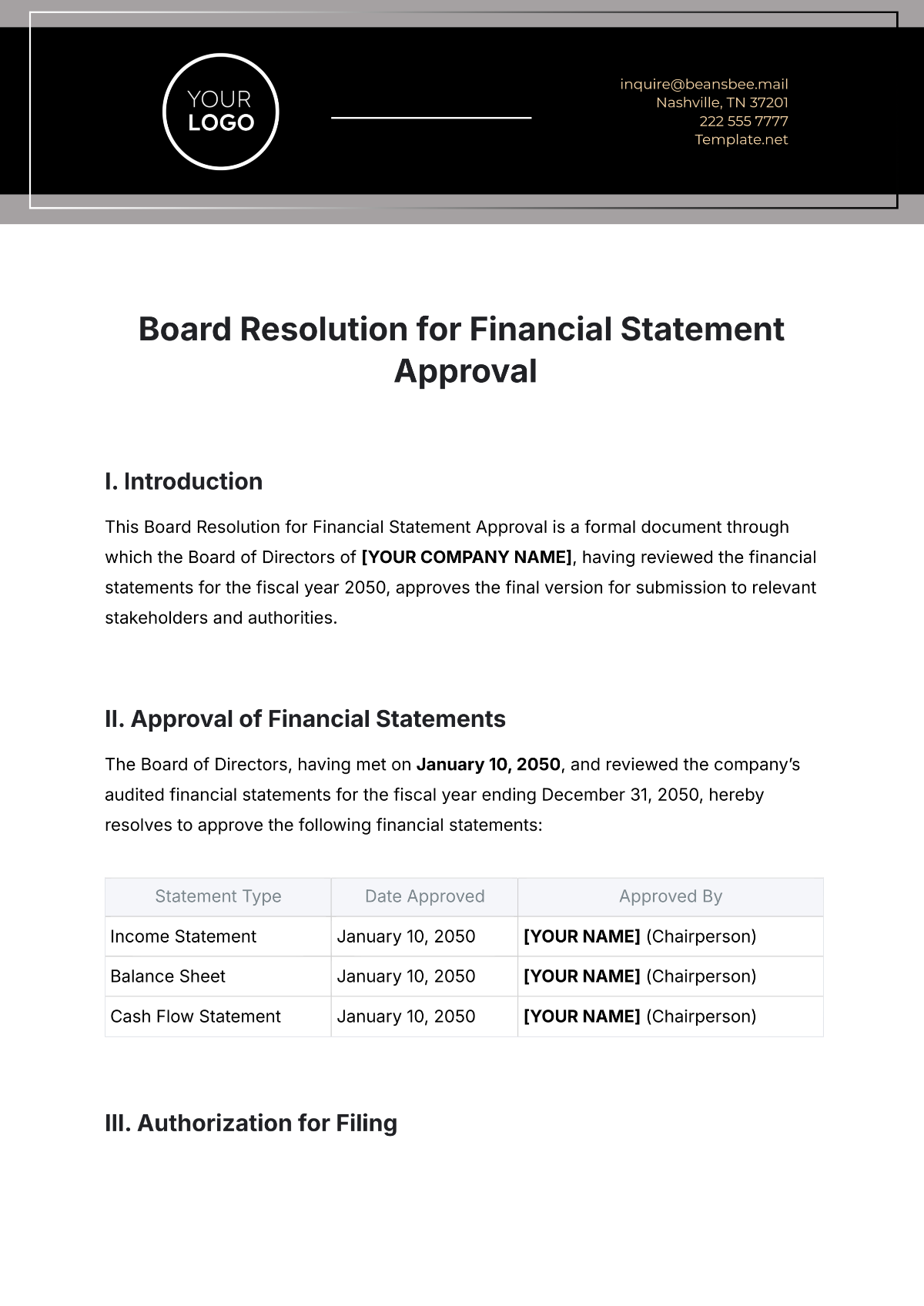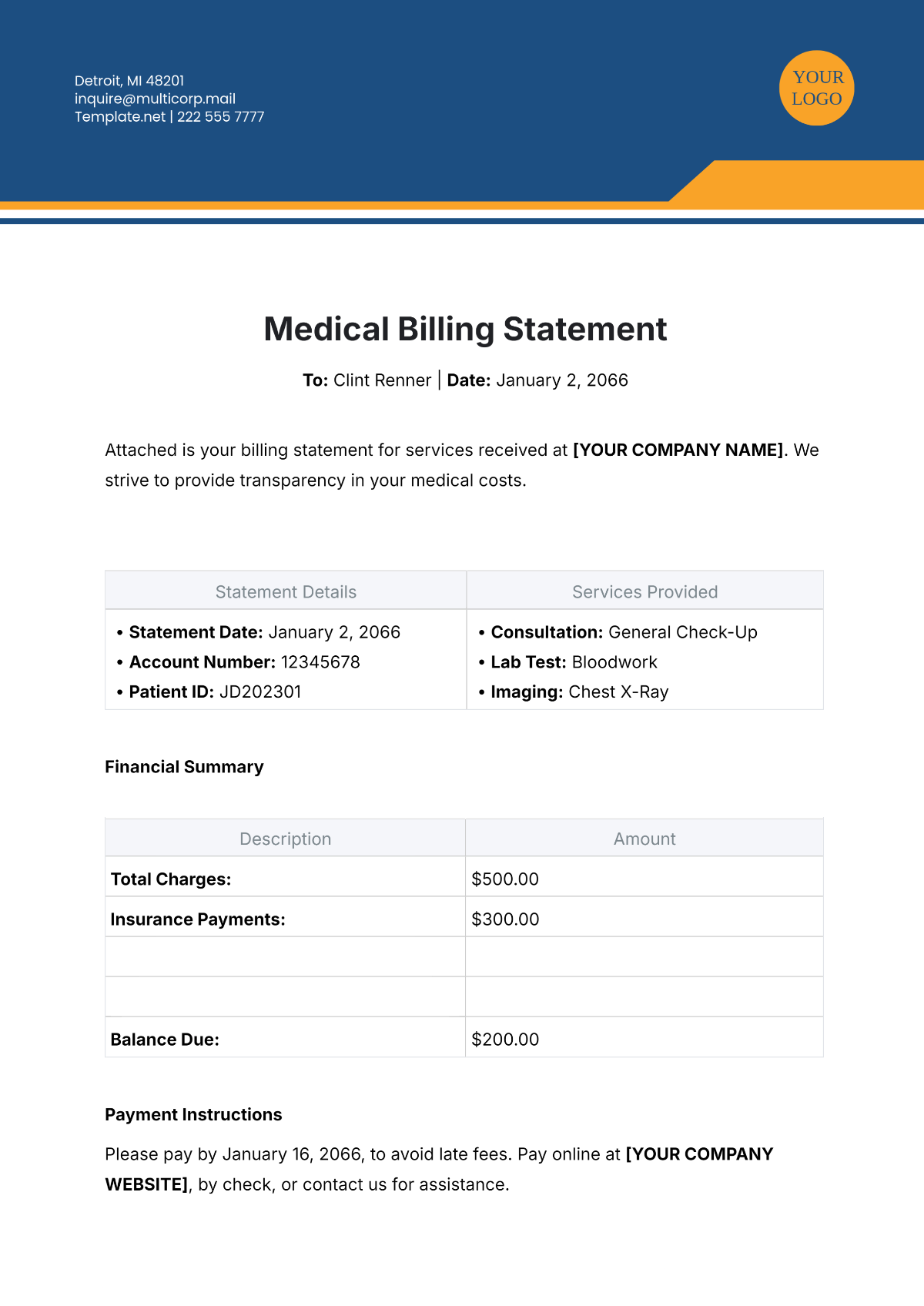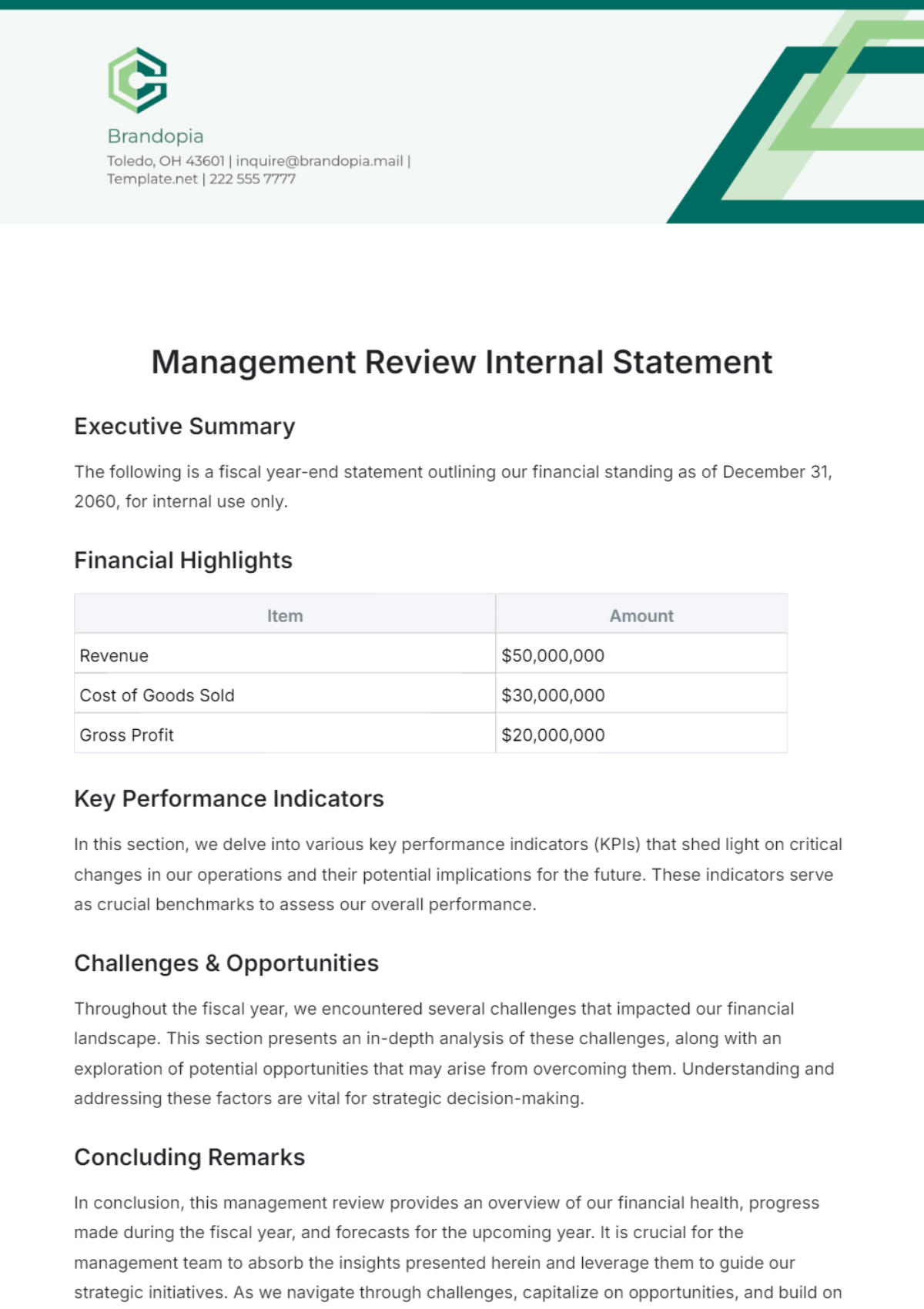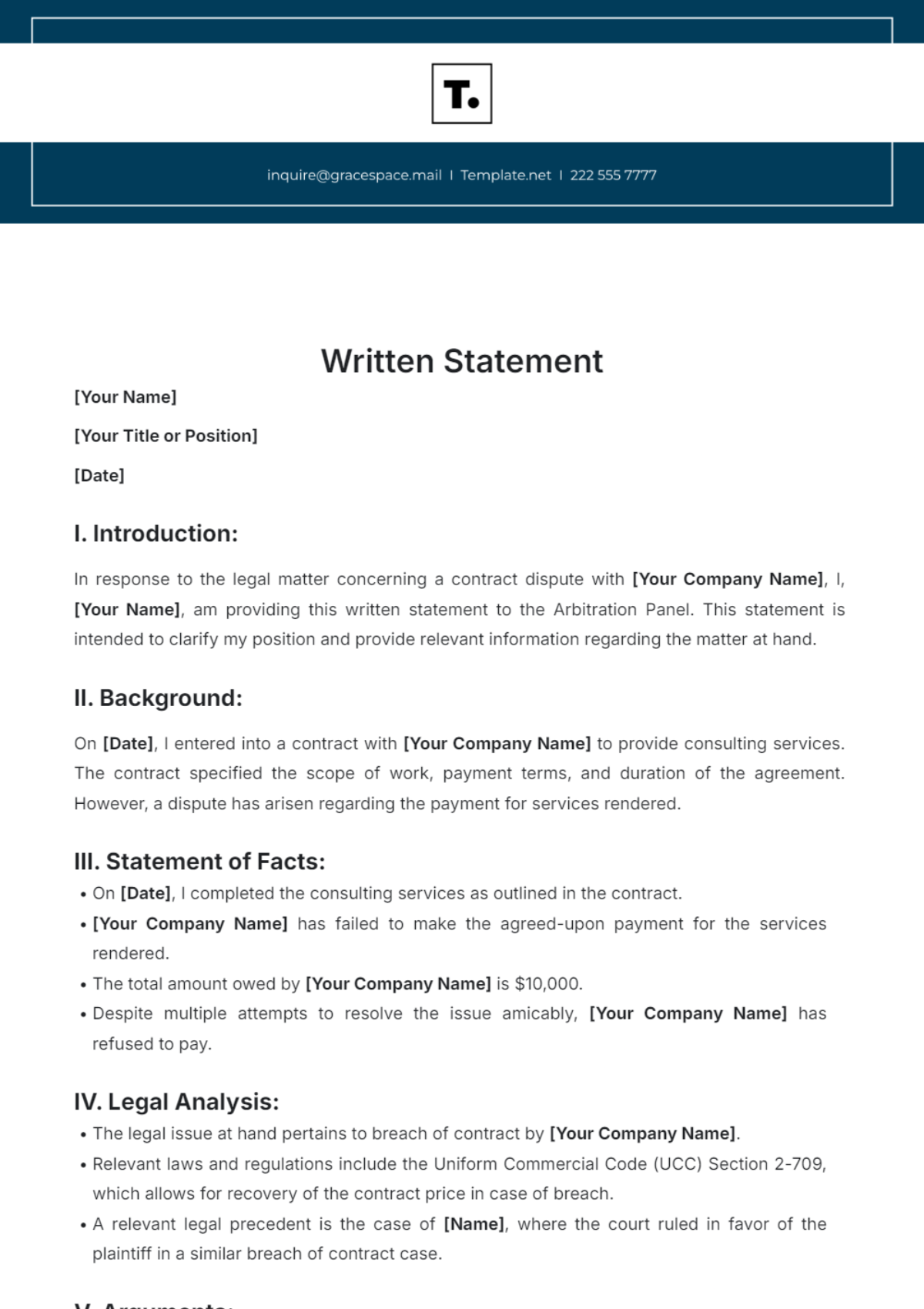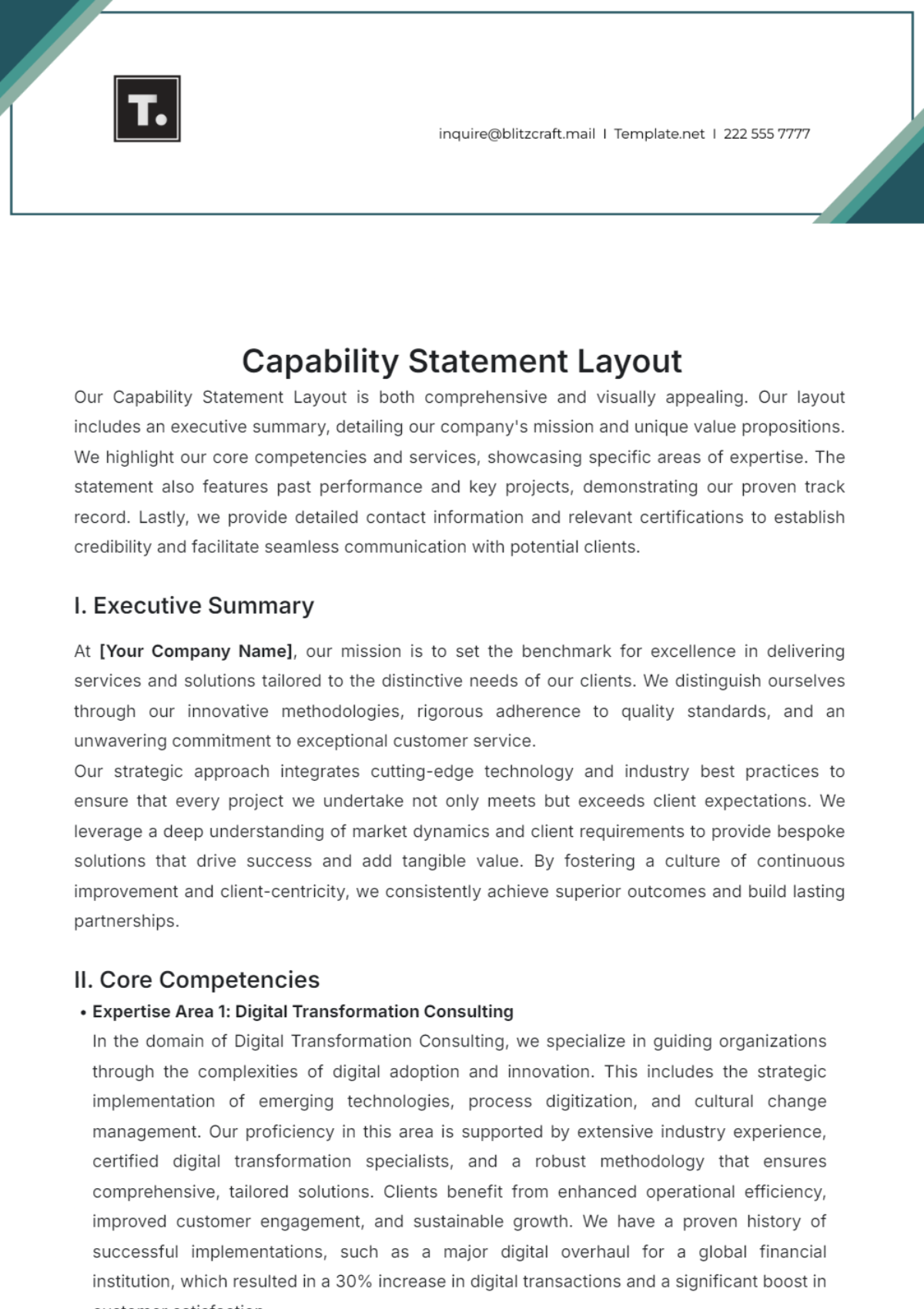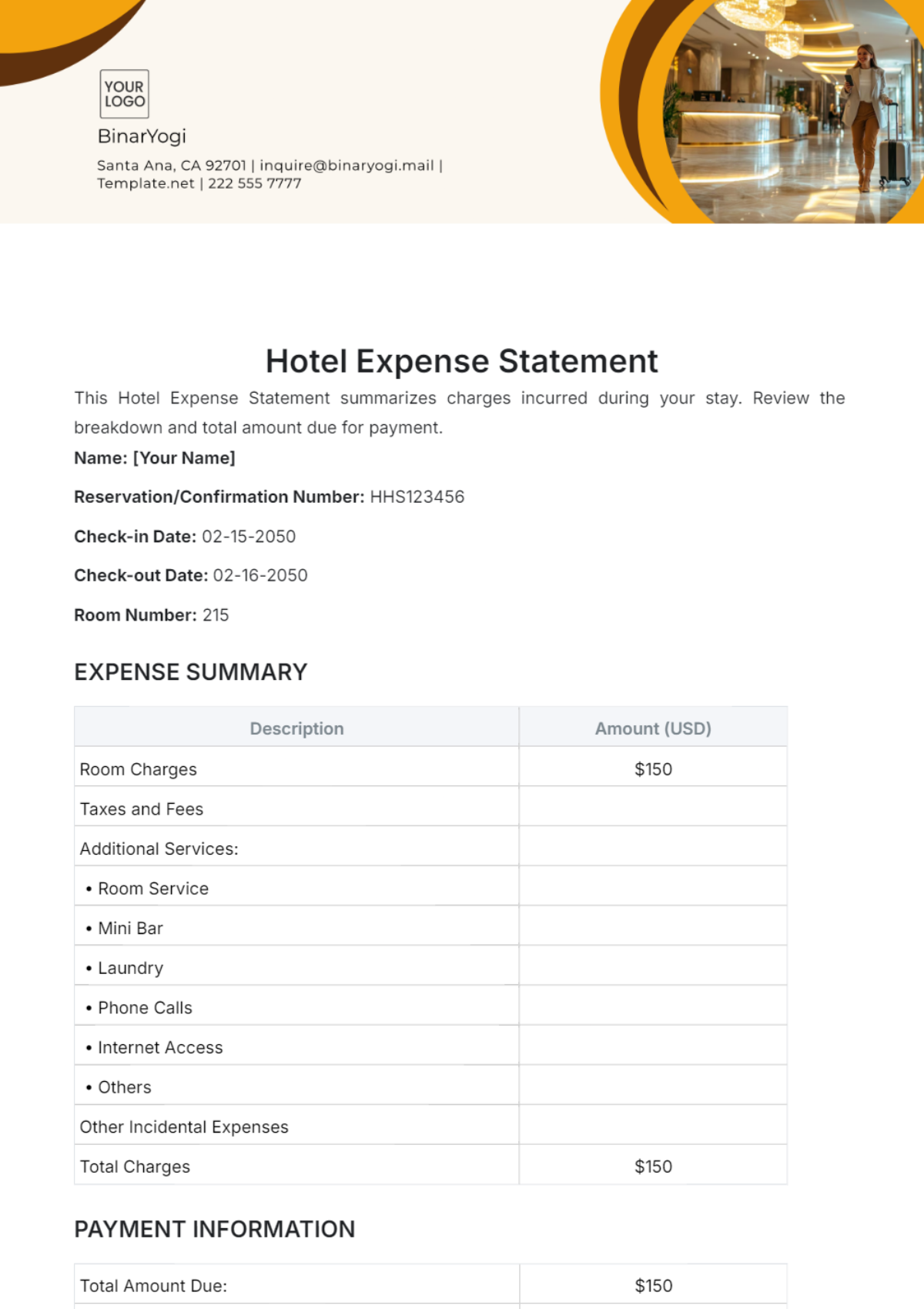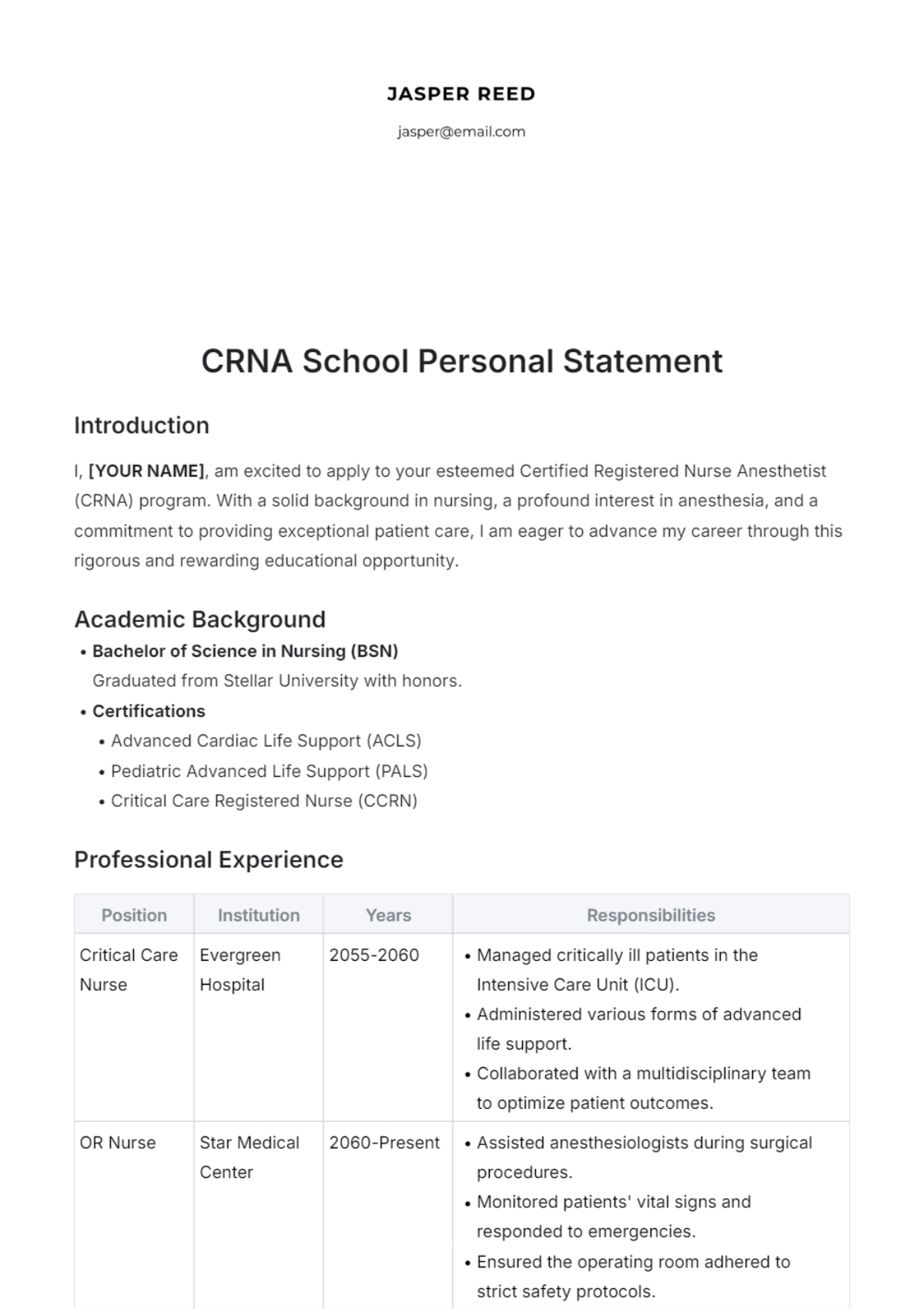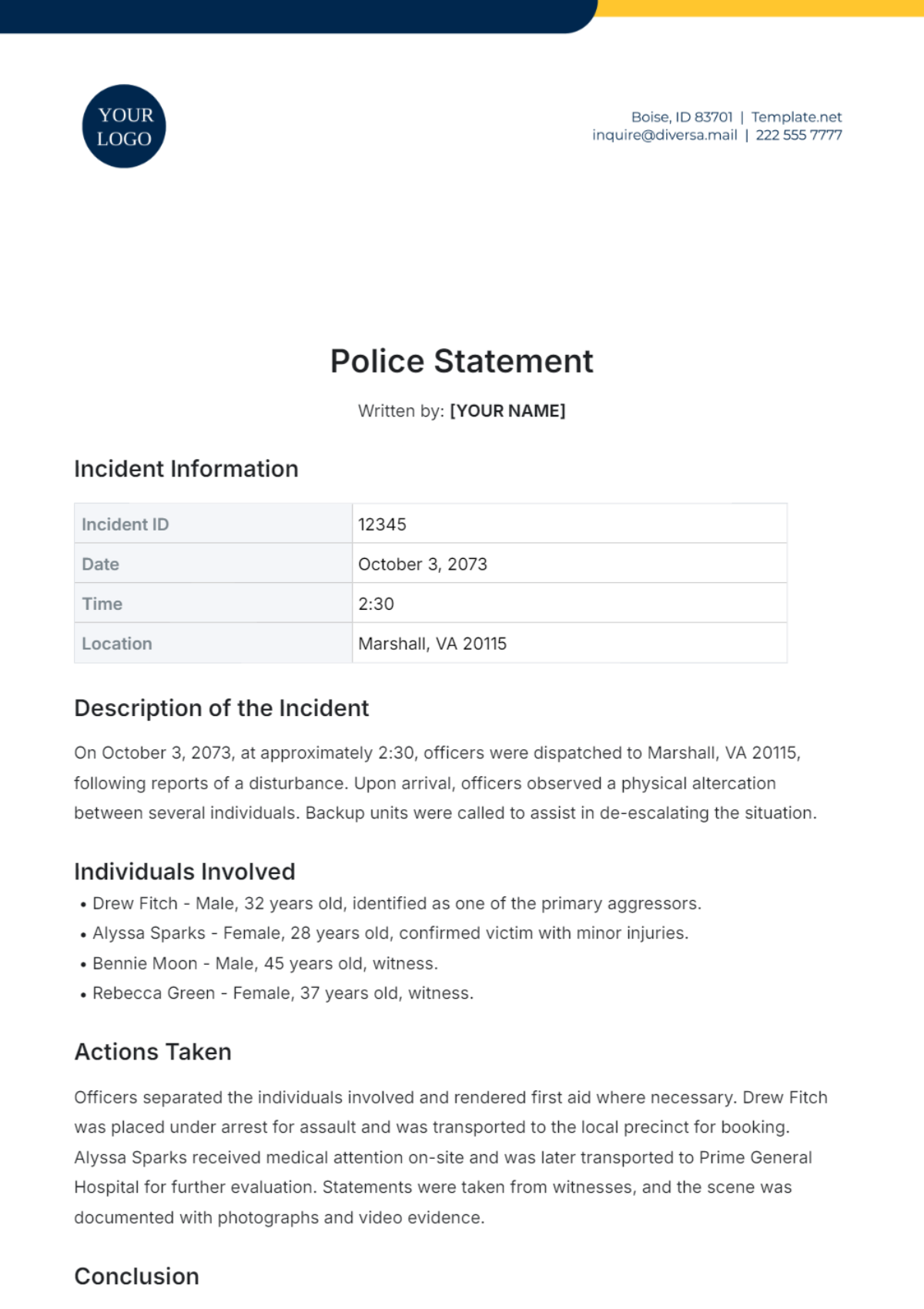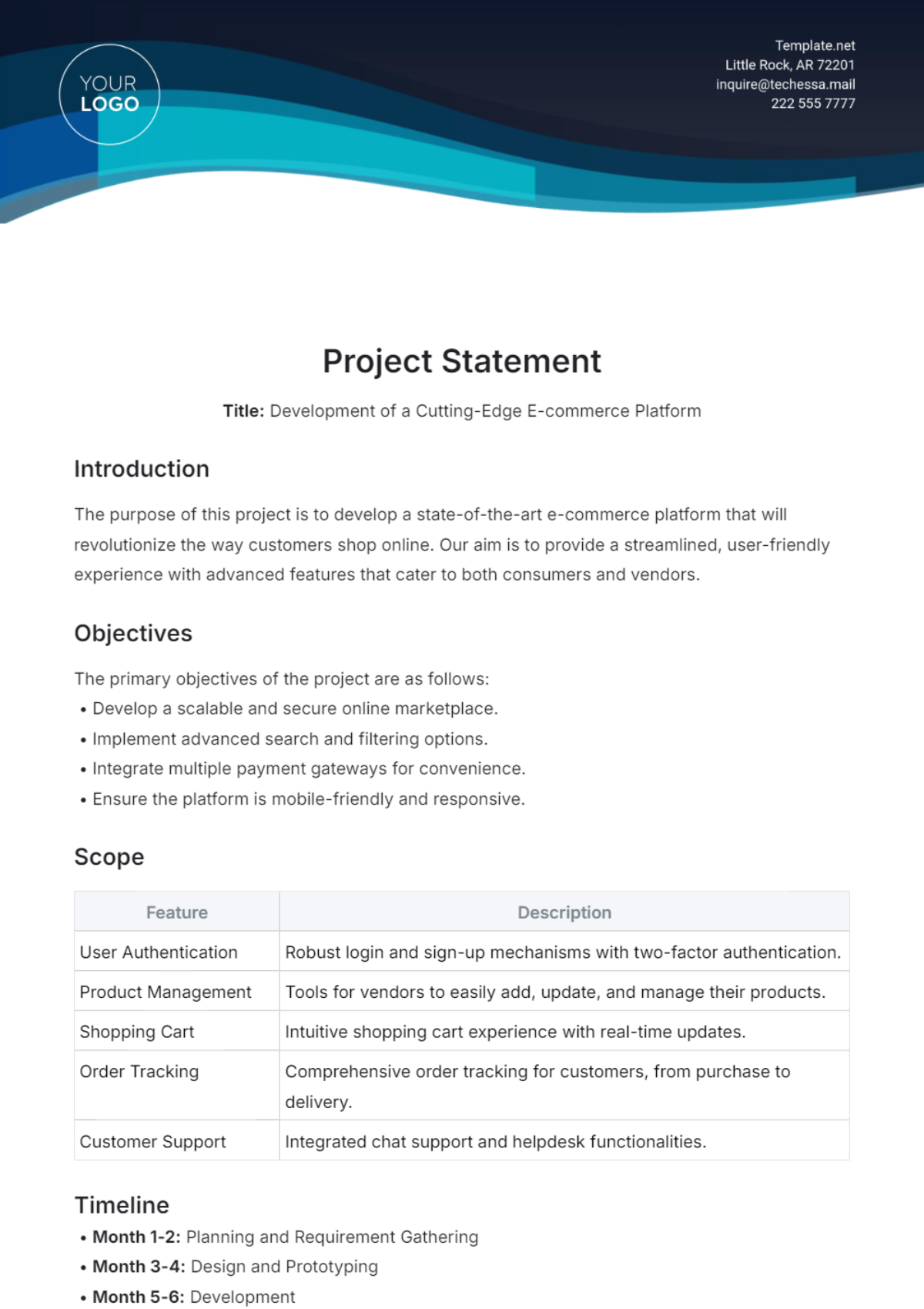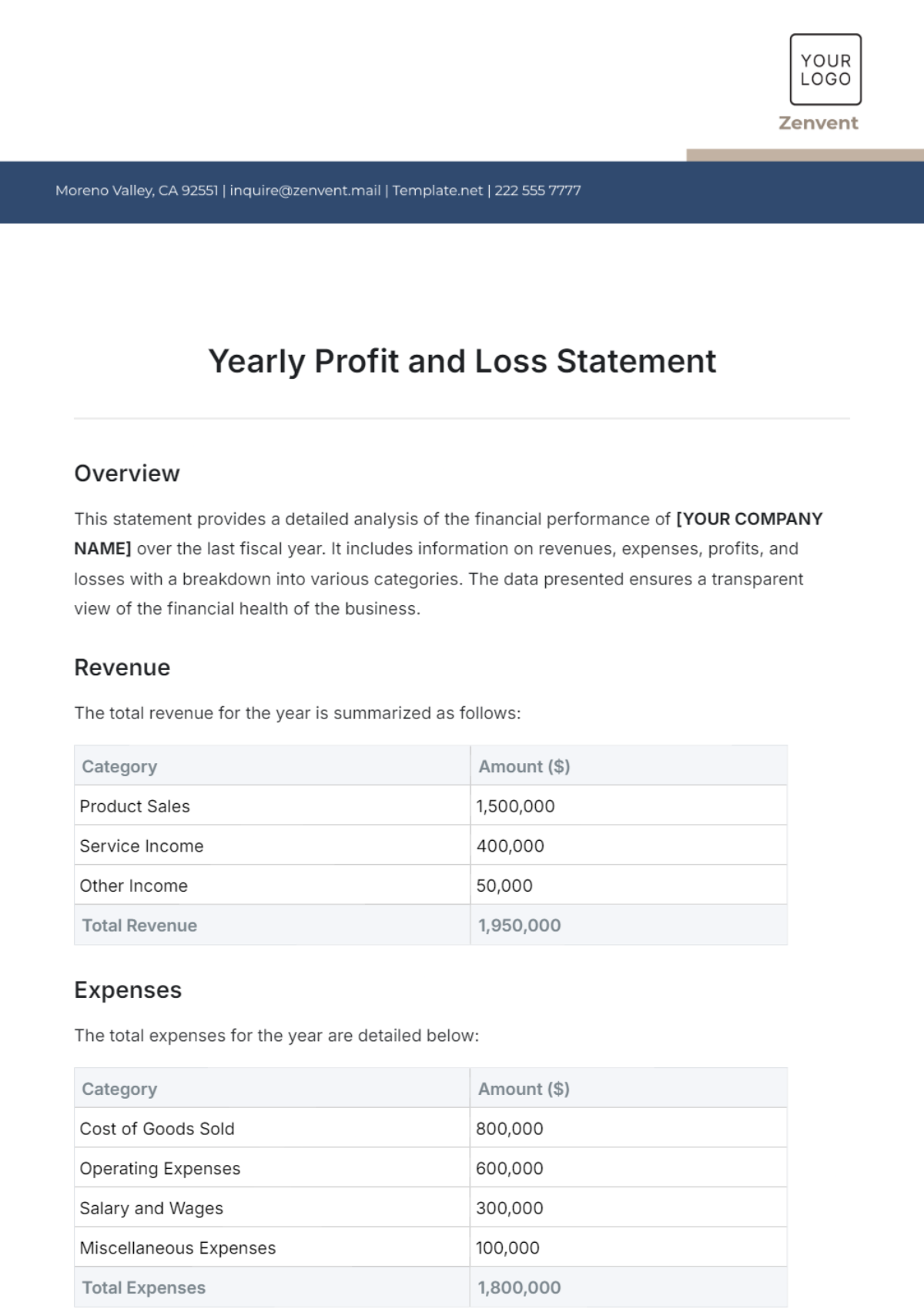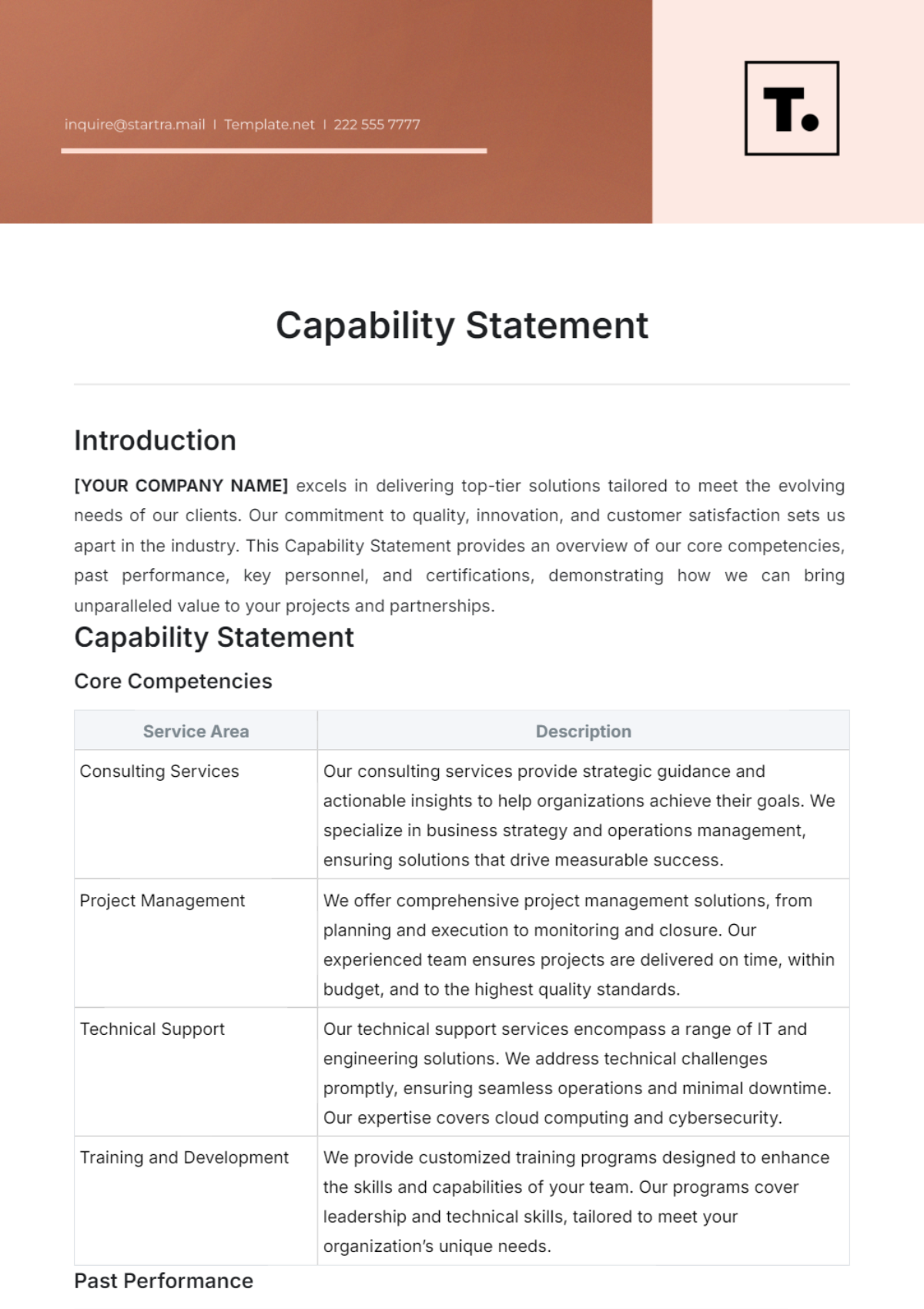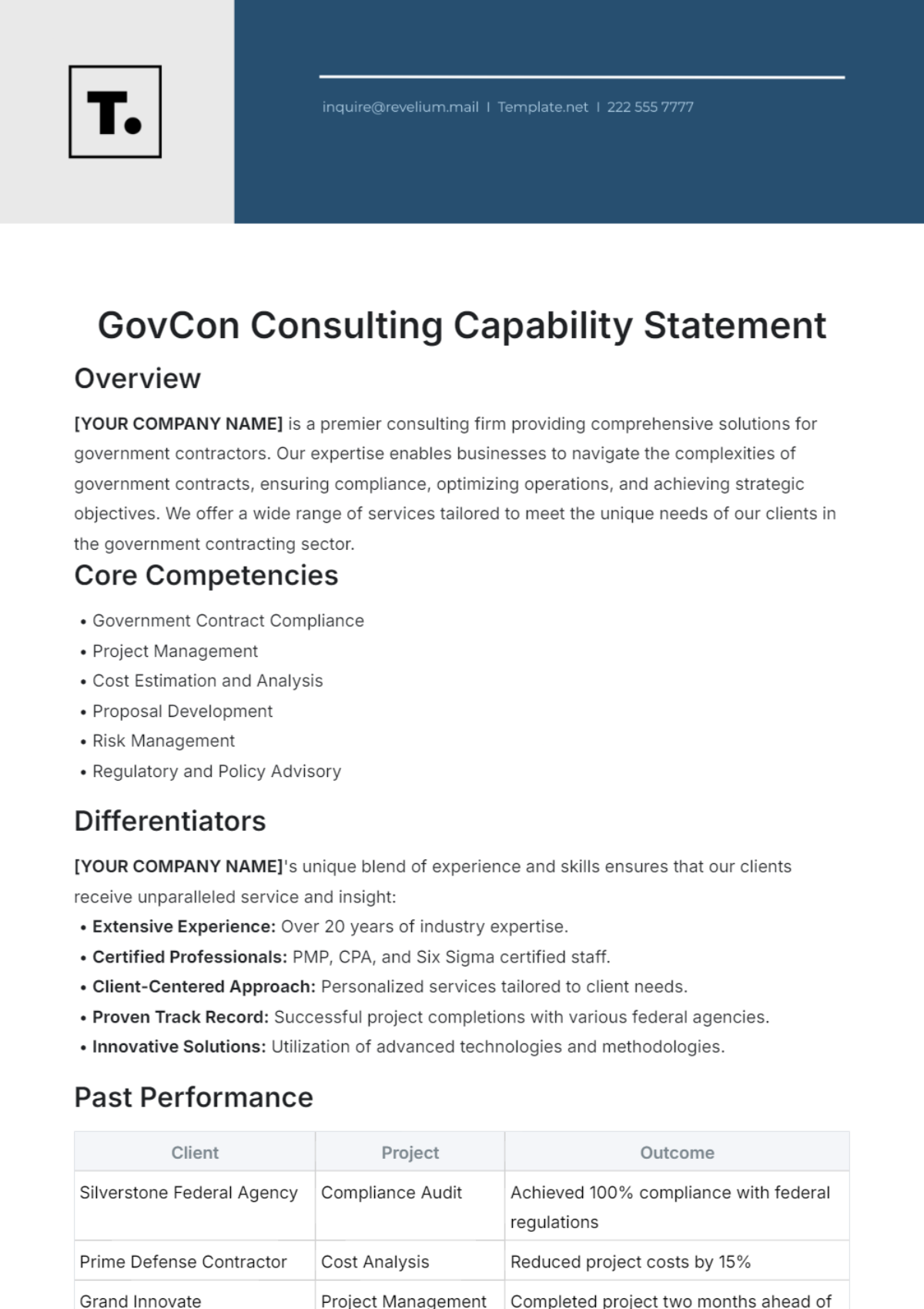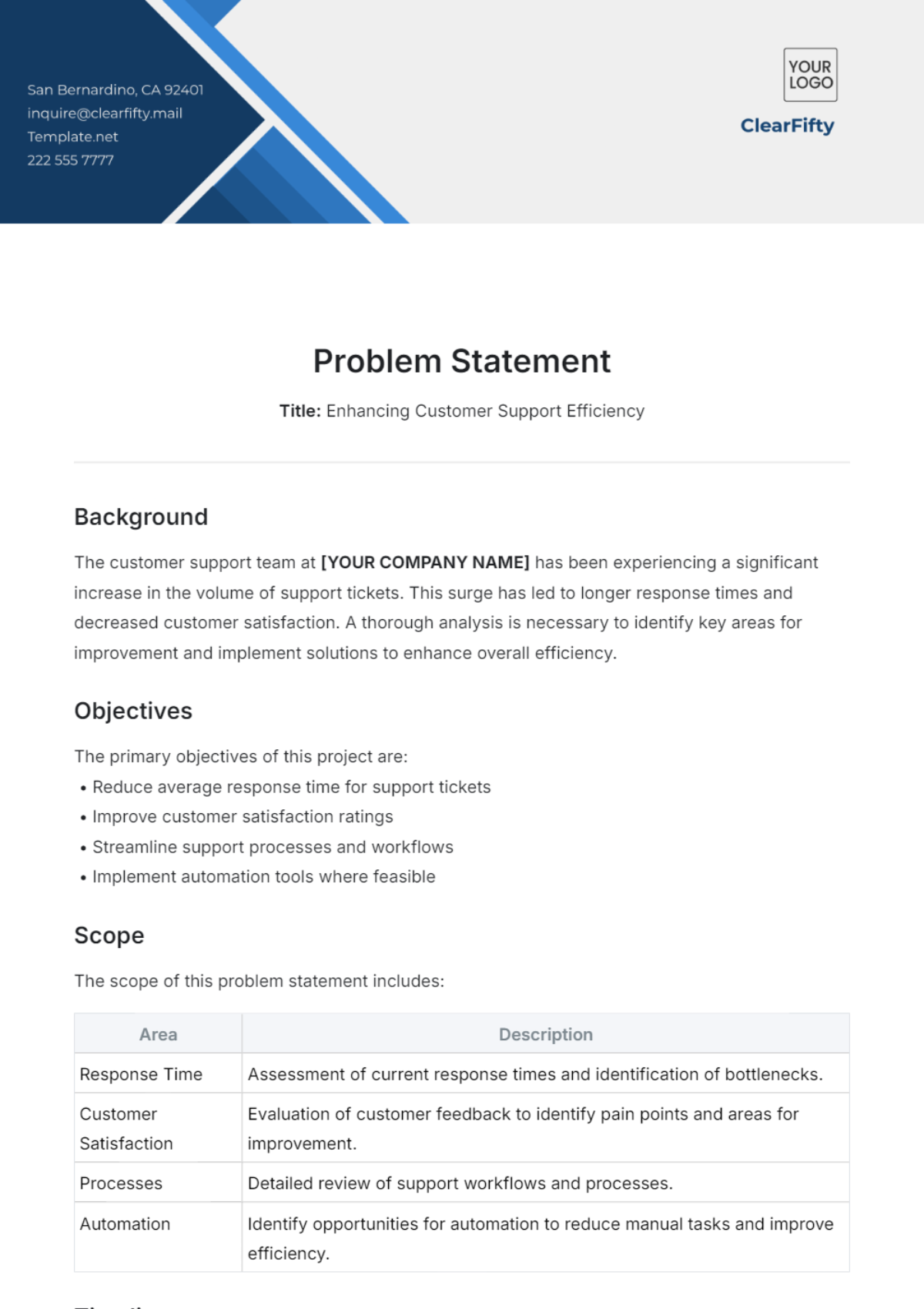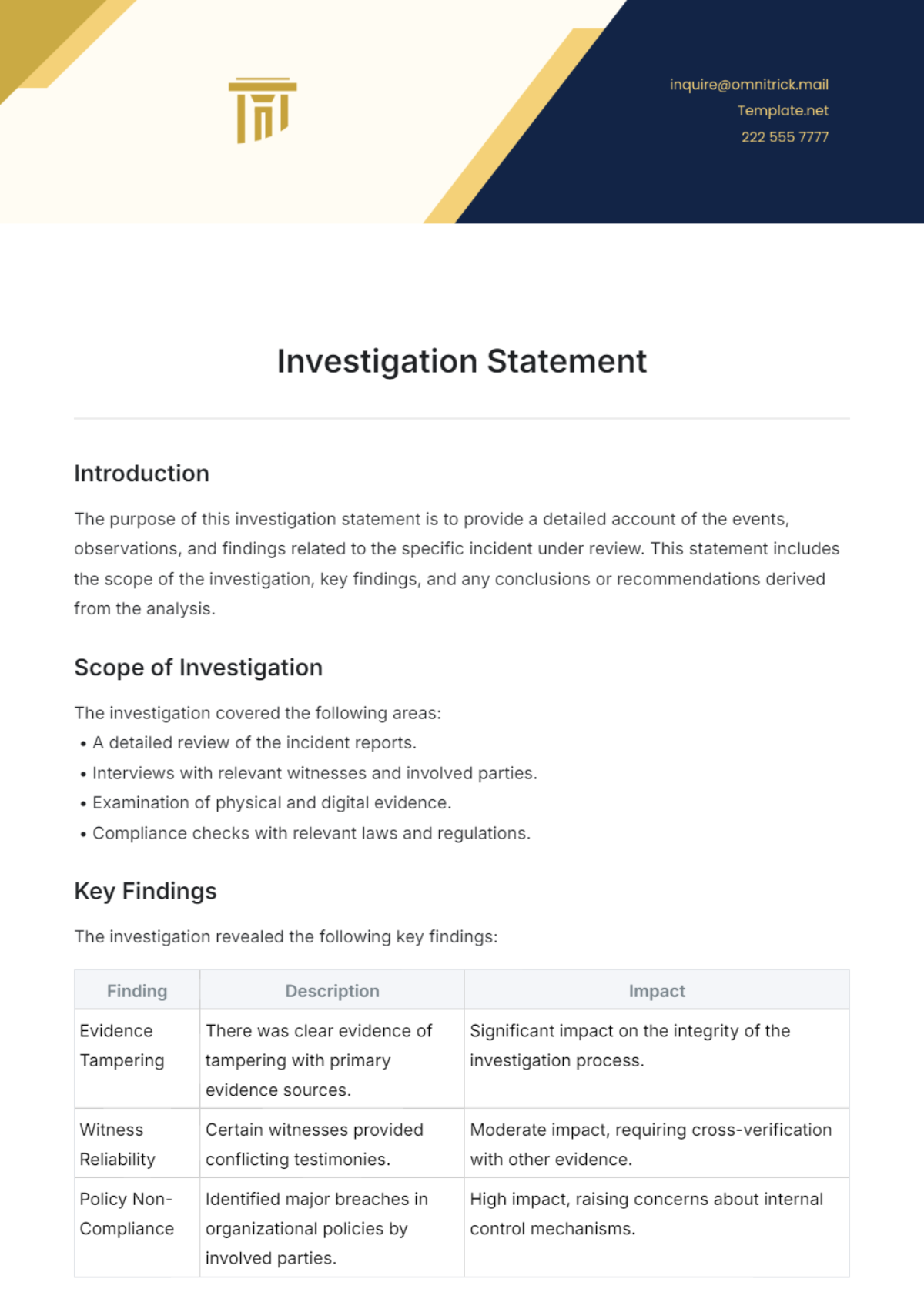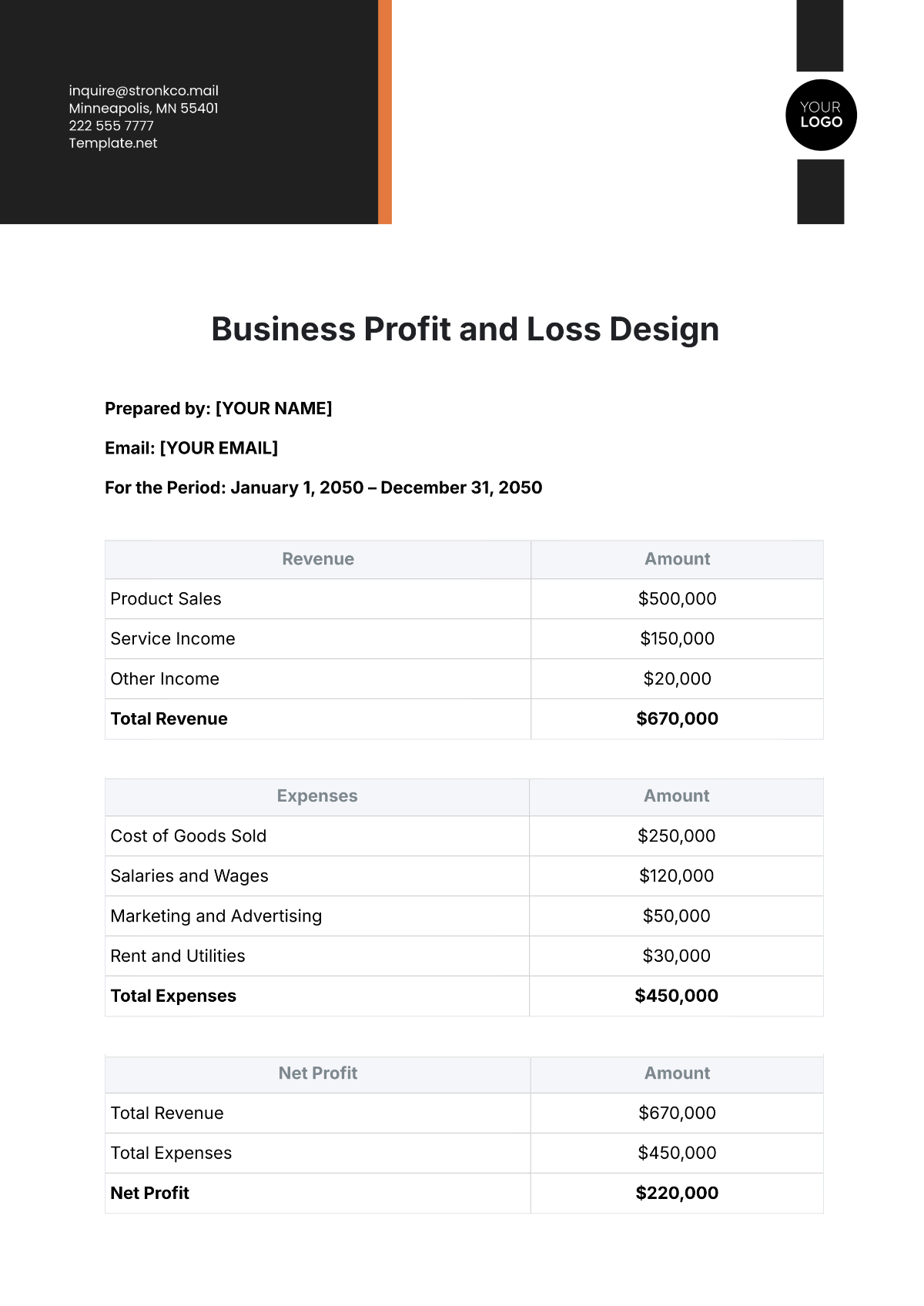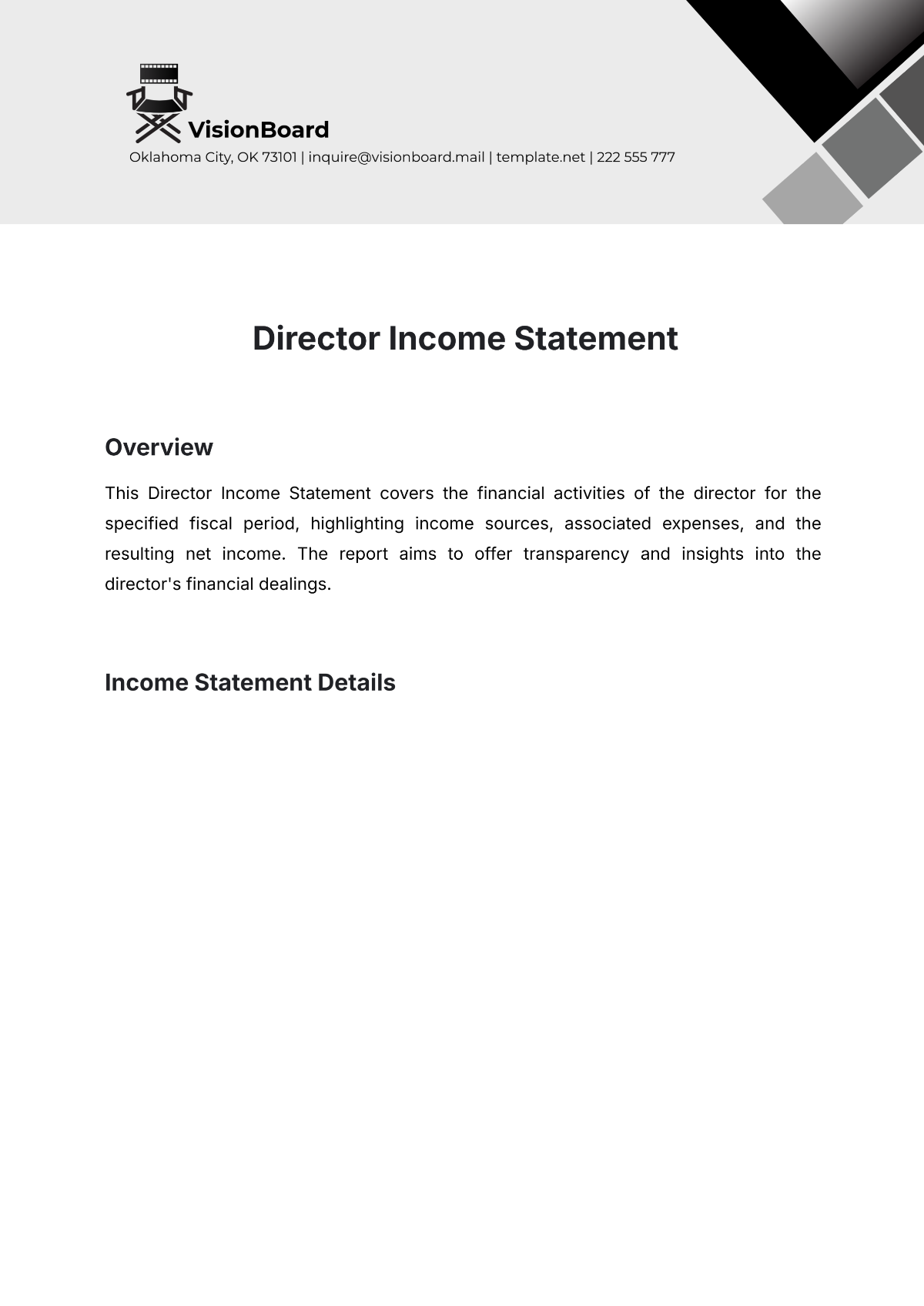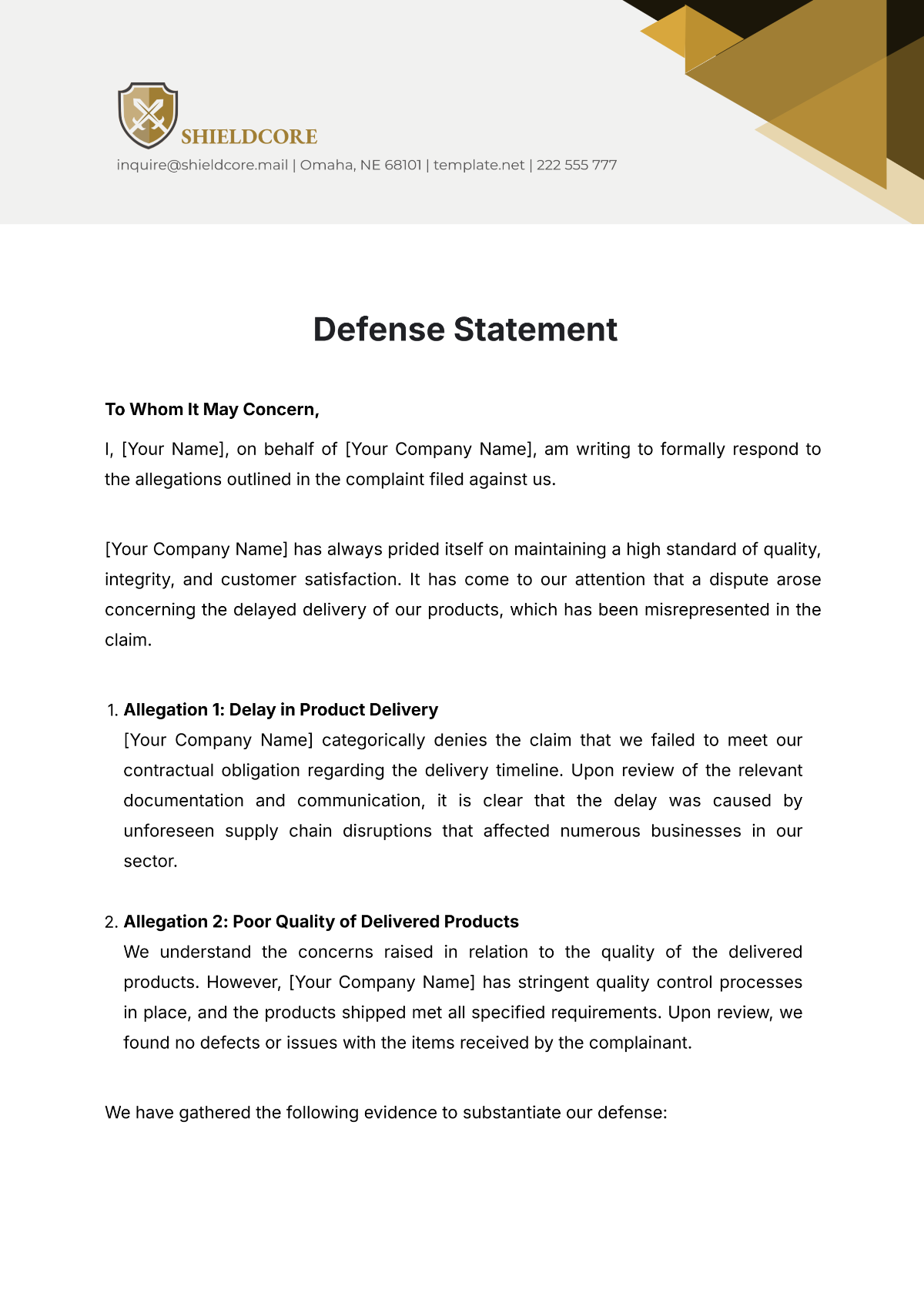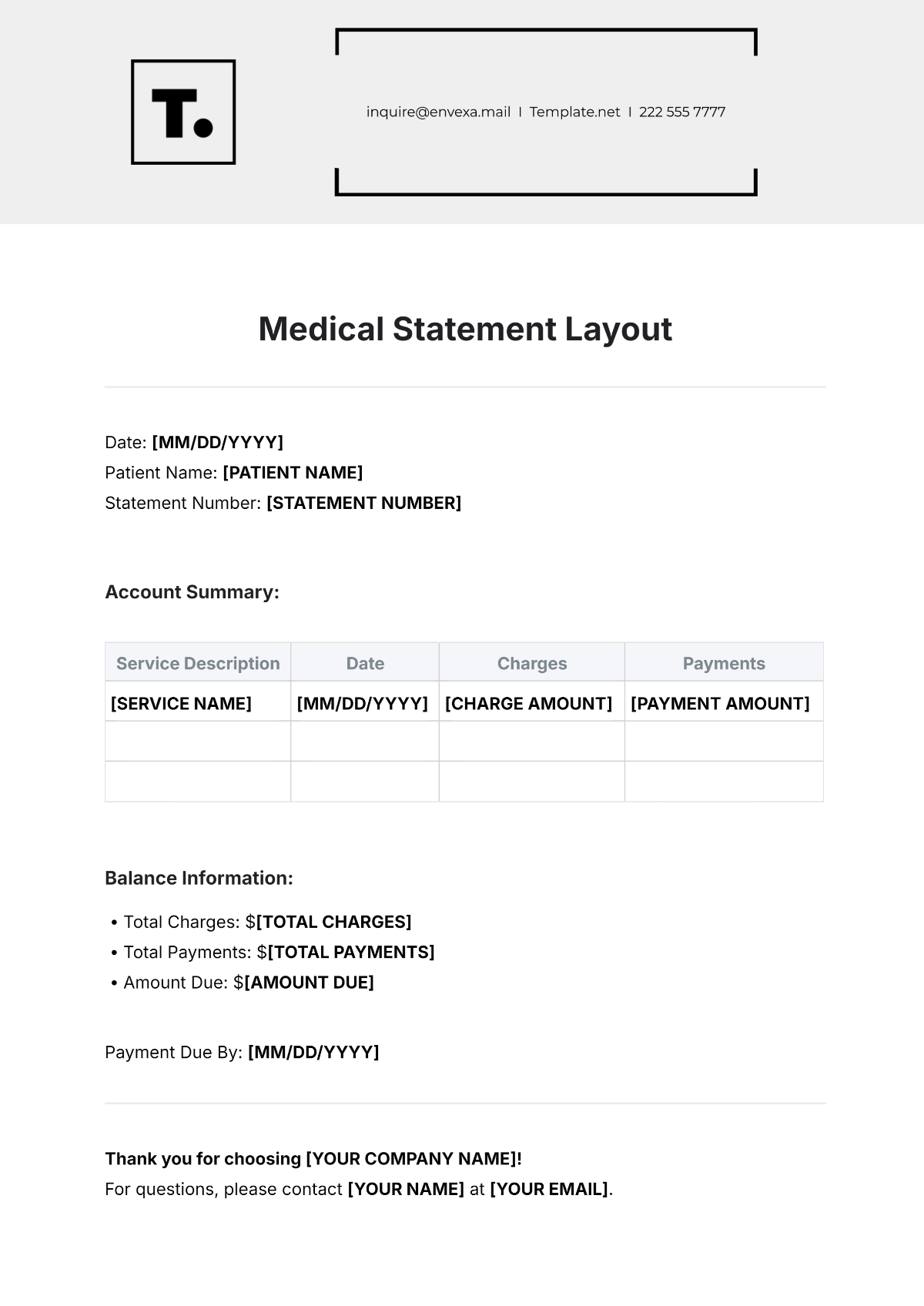Church Doctrine Statement Outline
I. The Nature of God
(Describe the fundamental beliefs about the nature and attributes of God, emphasizing key theological concepts such as the Trinity, God's omnipotence, omniscience, and omnipresence.)
A. The Trinity
(Explain the belief in one God existing in three persons: Father, Son, and Holy Spirit. Detail their unique roles and unity.)
B. God's Attributes
(Outline key attributes of God, such as His love, justice, mercy, and holiness. Include supporting scripture references.)
C. God's Works
(Discuss God's creation, providence, and redemptive works. Highlight significant biblical events and their theological implications.)
II. The Bible
(Articulate the church's view on the Bible's inspiration, authority, and infallibility. Mention the importance of scripture in guiding faith and practice.)
A. Inspiration of Scripture
(Describe the belief that the Bible is divinely inspired by God. Include references to key verses supporting this doctrine.)
B. Authority of Scripture
(Explain the Bible's role as the ultimate authority in all matters of faith and practice. Discuss how it guides moral and ethical decisions.)
C. Interpretation of Scripture
(Discuss principles and methods for interpreting the Bible. Mention the role of tradition, reason, and experience in understanding scripture.)
III. The Person and Work of Jesus Christ
(Detail the church's beliefs about Jesus Christ's identity, life, death, resurrection, and second coming. Emphasize His role in salvation.)
A. The Incarnation
(Explain the doctrine of Jesus Christ being fully God and fully man. Discuss the significance of the virgin birth.)
B. The Atonement
(Describe the purpose and effects of Jesus' sacrificial death on the cross. Include theological concepts such as substitutionary atonement and redemption.)
C. The Resurrection
(Outline the belief in Jesus' bodily resurrection. Highlight its importance for Christian faith and hope in eternal life.)
IV. The Holy Spirit
(Describe the role and work of the Holy Spirit in the life of believers and the church. Emphasize His presence, gifts, and fruit.)
A. The Indwelling of the Spirit
(Explain the belief that the Holy Spirit lives within every believer. Discuss how this influences a Christian's daily life.)
B. Spiritual Gifts
(List and describe the various spiritual gifts given by the Holy Spirit for the edification of the church.)
C. The Fruit of the Spirit
(Describe the character traits produced in believers by the Holy Spirit.)
V. The Church
(Discuss the nature, purpose, and functions of the church. Highlight the importance of community, worship, and mission.)
A. The Body of Christ
(Explain the concept of the church as the body of Christ, with each member having a unique role. Discuss the importance of unity and diversity within the church.)
B. Worship
(Describe the significance of worship in the life of the church. Include forms of worship such as prayer, singing, and sacraments.)
C. Mission and Evangelism
(Outline the church's mission to spread the gospel and serve the community. Highlight key biblical mandates for evangelism and social justice.)
VI. The Sacraments
(Explain the church's understanding and practice of sacraments, including their significance and administration.)
A. Baptism
(Describe the meaning and importance of baptism. Discuss who can be baptized and the mode of baptism.)
B. The Lord's Supper
(Outline the significance of the Lord's Supper or Communion. Explain how and when it should be observed.)
C. Other Sacraments
(If applicable, describe any additional sacraments recognized by the church. Discuss their purpose and practice.)
VII. The Christian Life
(Discuss the expectations and principles guiding the life of a believer. Emphasize moral and ethical conduct, spiritual growth, and community involvement.)
A. Sanctification
(Explain the process of becoming more like Christ through the work of the Holy Spirit. Discuss the importance of personal holiness.)
B. Prayer and Worship
(Describe the role of prayer and worship in the life of a believer. Include different forms of prayer and the importance of regular worship.)
C. Stewardship
(Outline the biblical principles of stewardship, including the management of time, talents, and resources.)
VIII. Marriage and Family
(Explain the church's teaching on marriage and family life, emphasizing the sanctity of marriage, roles within the family, and the upbringing of children.)
A. The Sanctity of Marriage
(Describe the biblical view of marriage as a covenant between a man and a woman. Discuss its purpose and significance.)
B. Family Roles
(Outline the roles and responsibilities of husbands, wives, and children within the family unit. Include scriptural support.)
C. Parenting and Education
(Discuss the importance of raising children in the faith. Include principles for Godly parenting and the role of education.)
IX. Social Justice and Community Engagement
(Articulate the church's stance on social justice issues and its commitment to community service. Highlight biblical principles that guide this involvement.)
A. Care for the Poor
(Describe the church's responsibility to care for the poor and marginalized. Include practical ways this can be done.)
B. Racial Reconciliation
(Explain the church's commitment to racial reconciliation and unity. Discuss the importance of promoting diversity and equality.)
C. Environmental Stewardship
(Outline the church's view on environmental stewardship. Discuss the biblical basis for caring for creation and practical steps for doing so.)
X. The Last Things
(Articulate beliefs about eschatology, including the return of Christ, final judgment, and the eternal state of believers and unbelievers.)
A. The Second Coming of Christ
(Describe the belief in Jesus' future return to earth. Include key scripture references and theological significance.)
B. The Final Judgment
(Explain the doctrine of the final judgment, where all people will be judged by Christ. Discuss the criteria for judgment and its eternal consequences.)
C. The Eternal State
(Outline beliefs about the eternal destiny of believers and unbelievers. Highlight the concepts of heaven, hell, and the new creation.)


